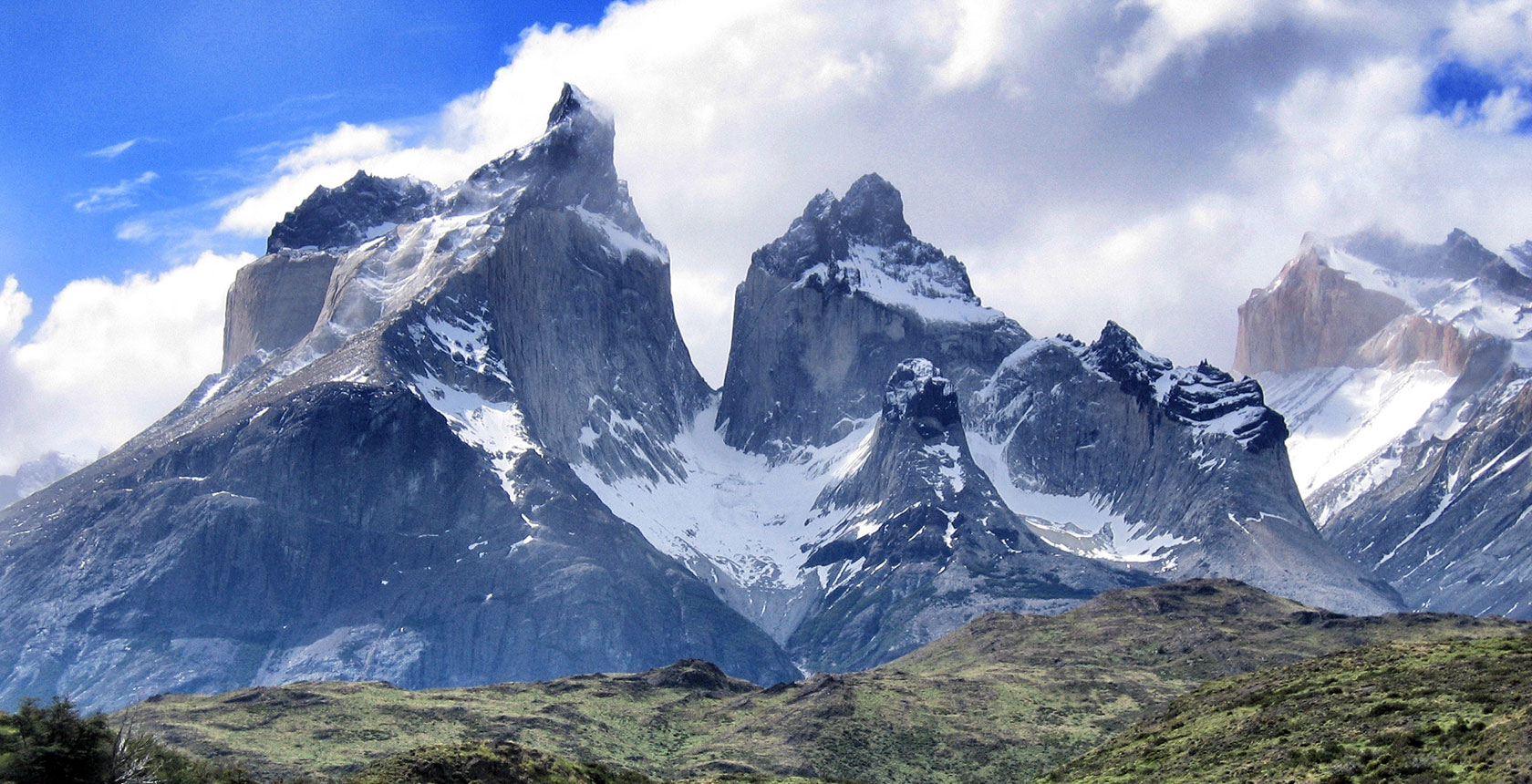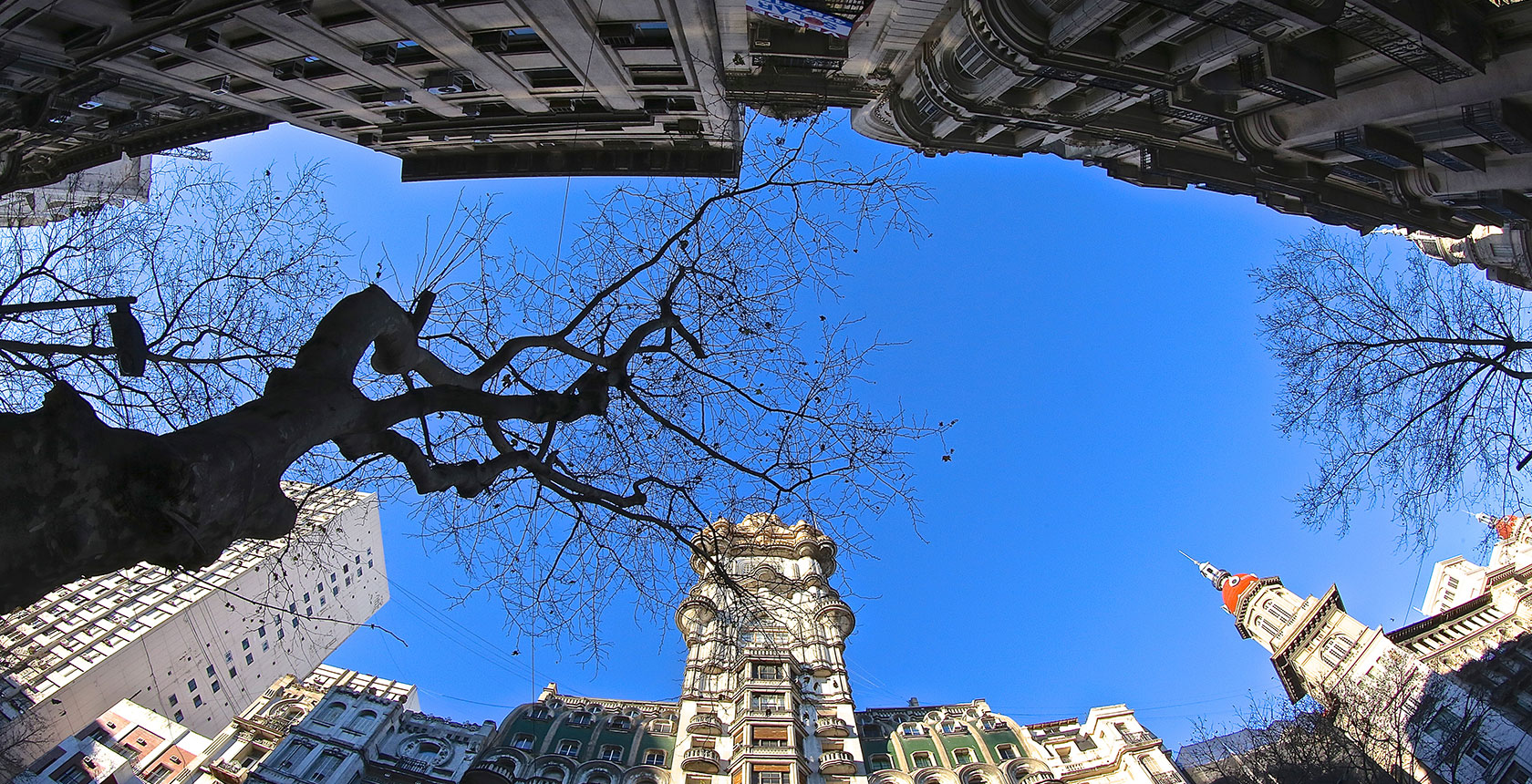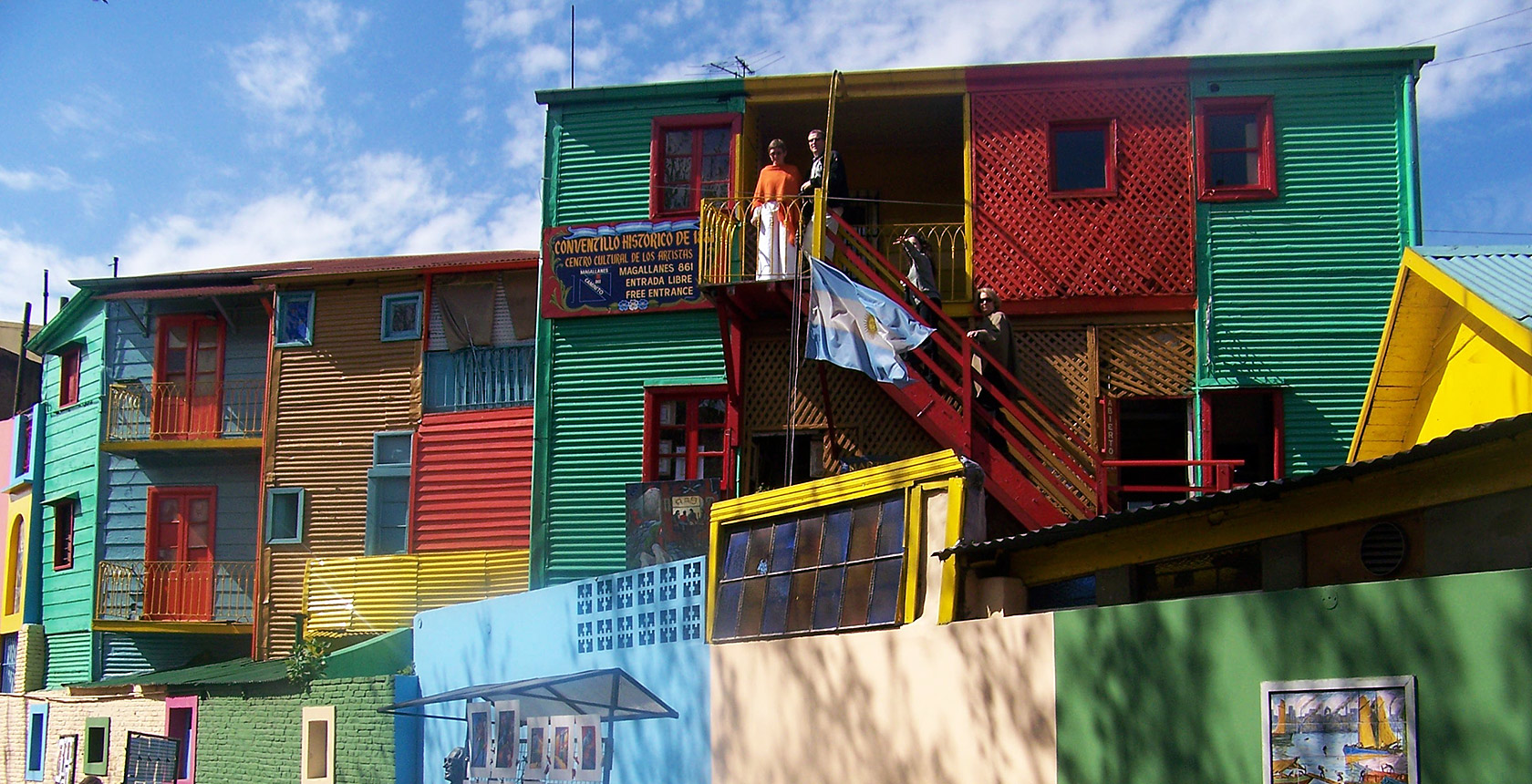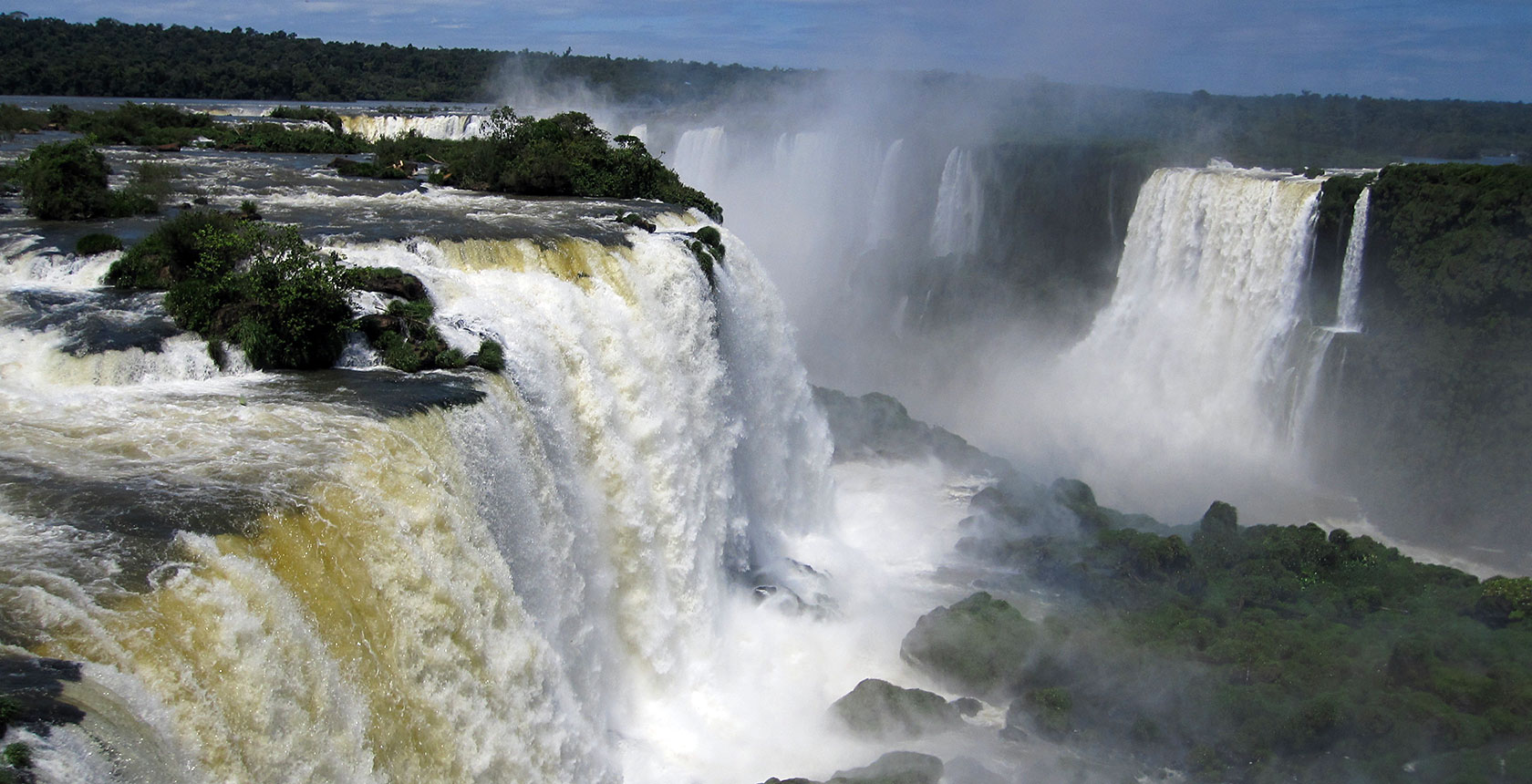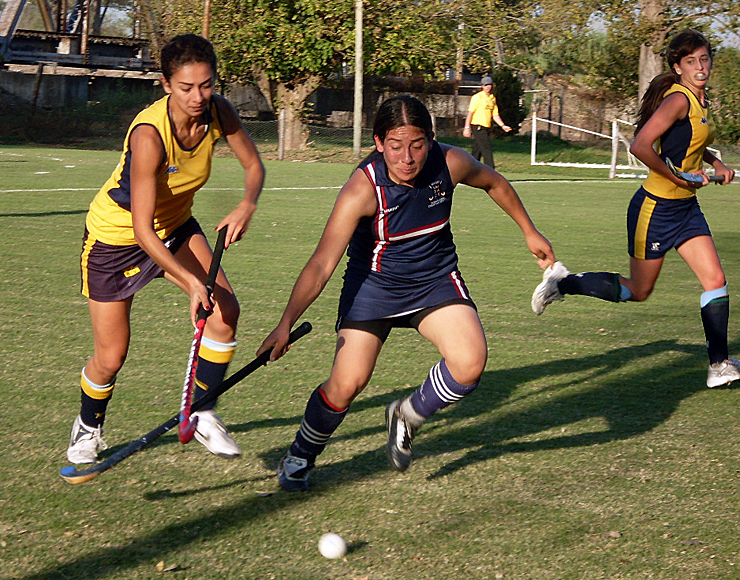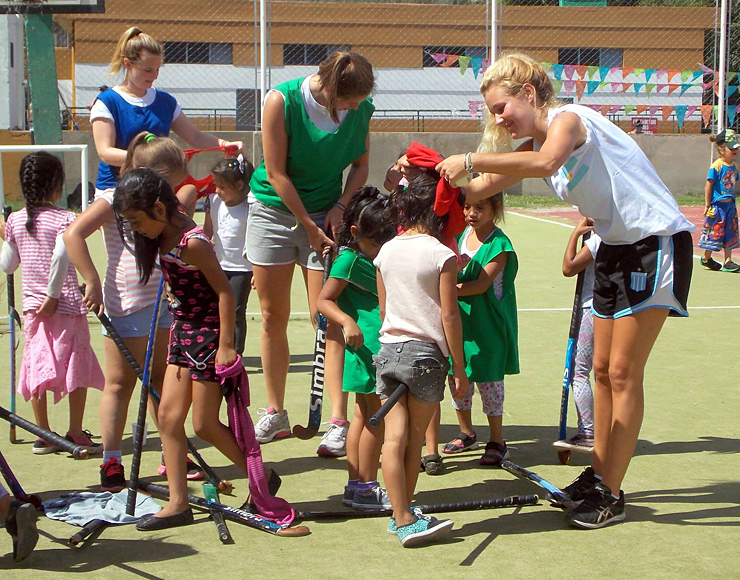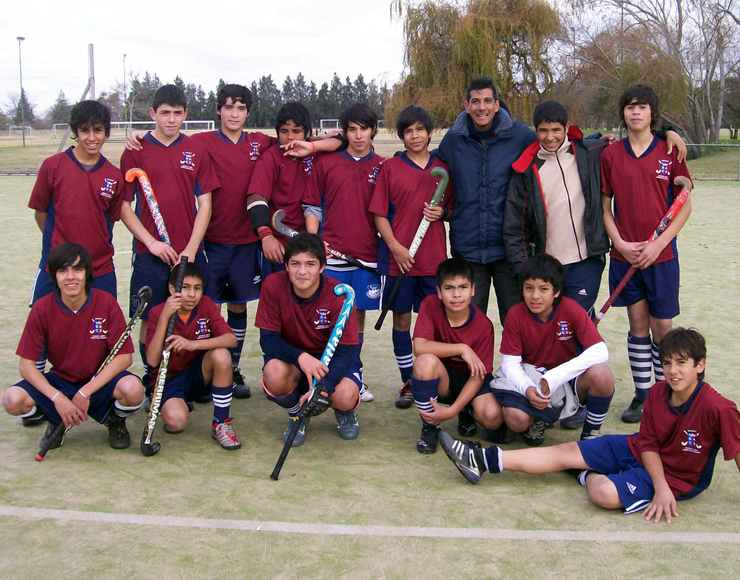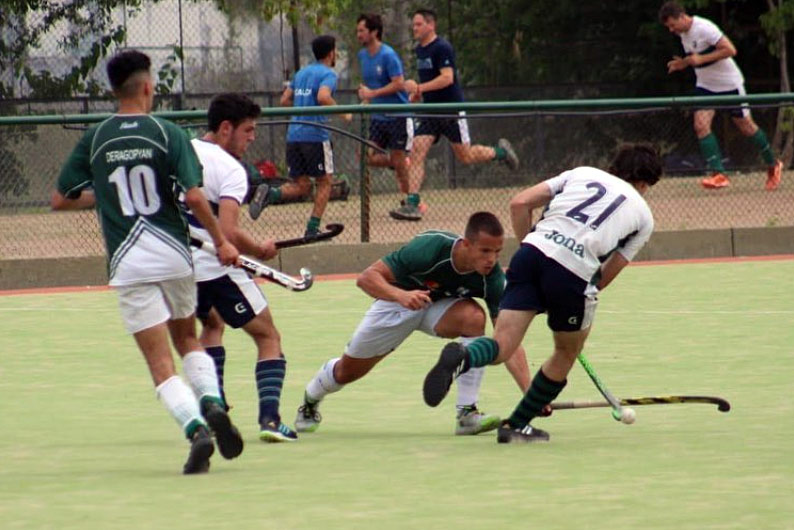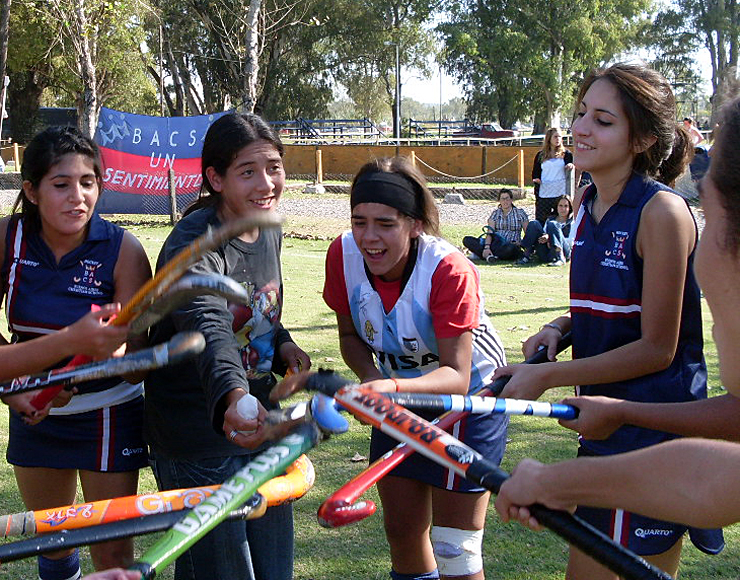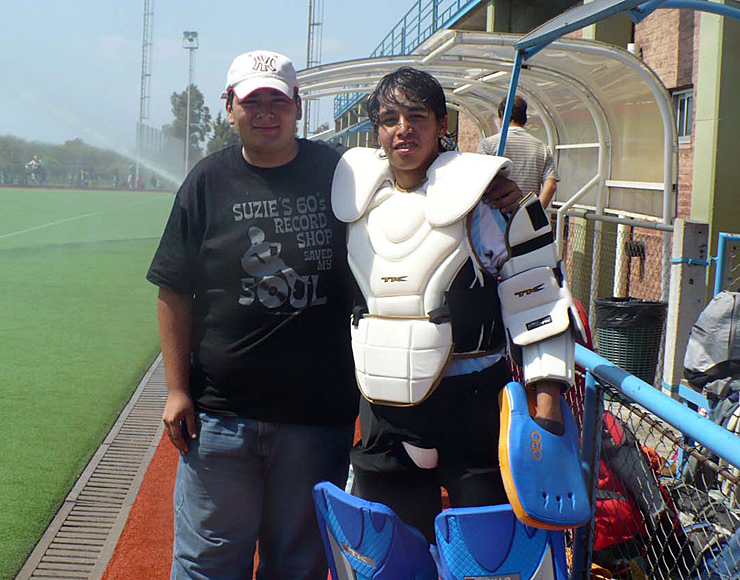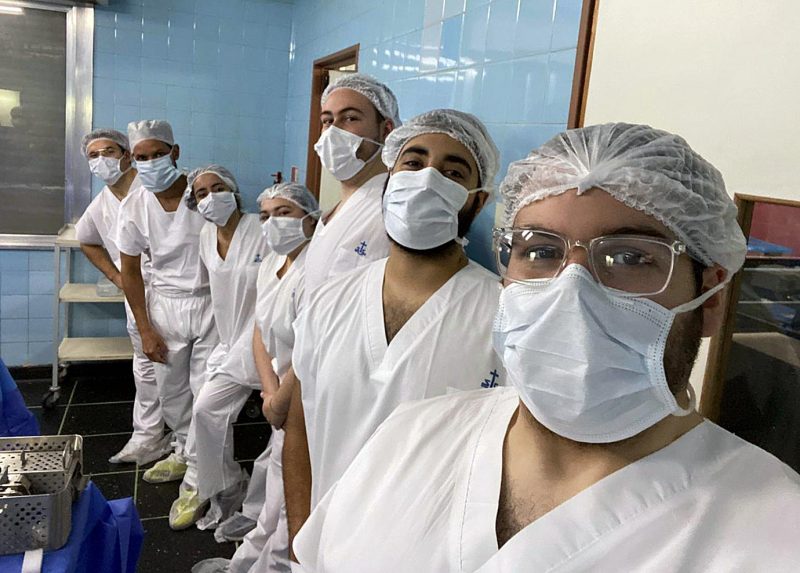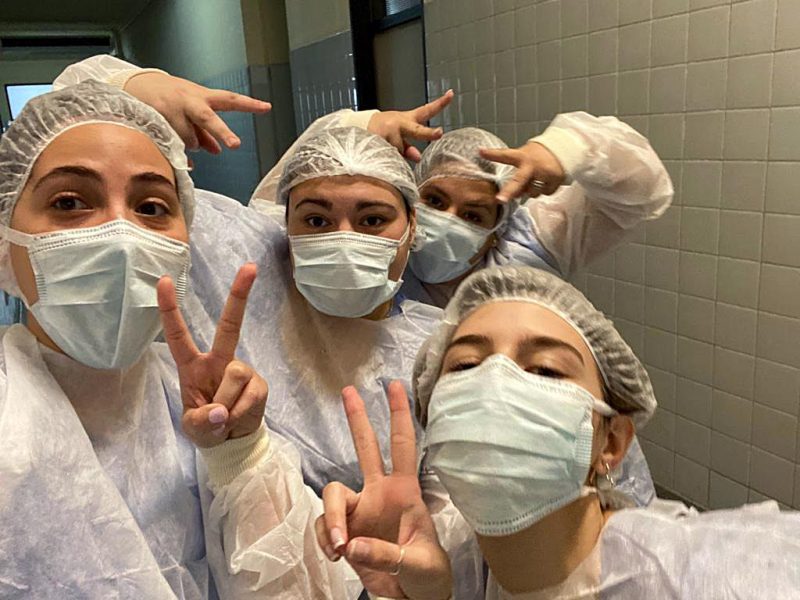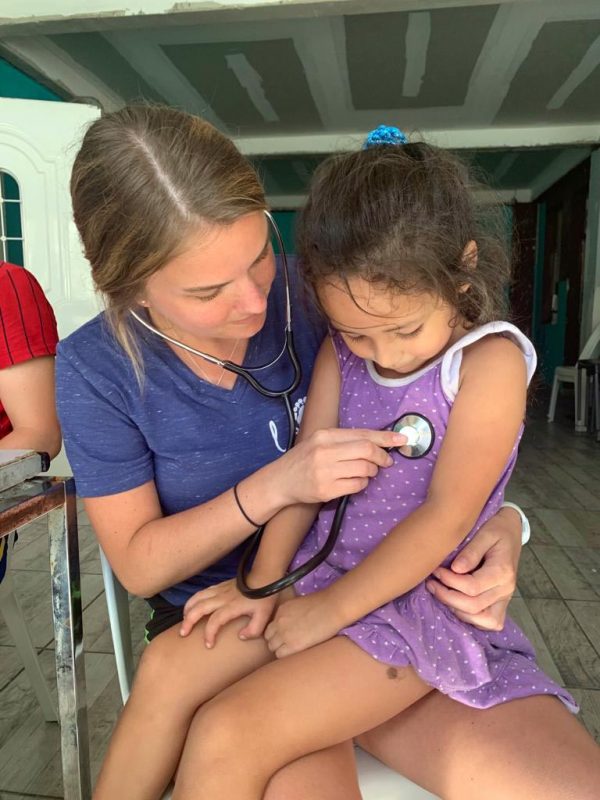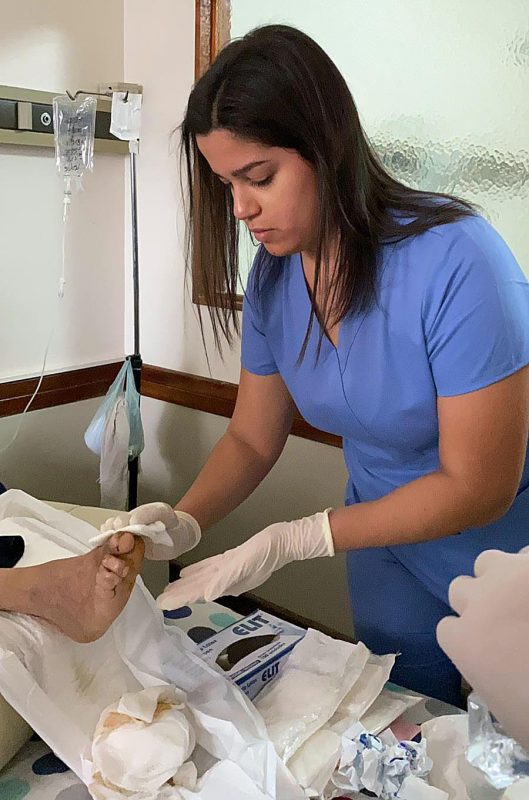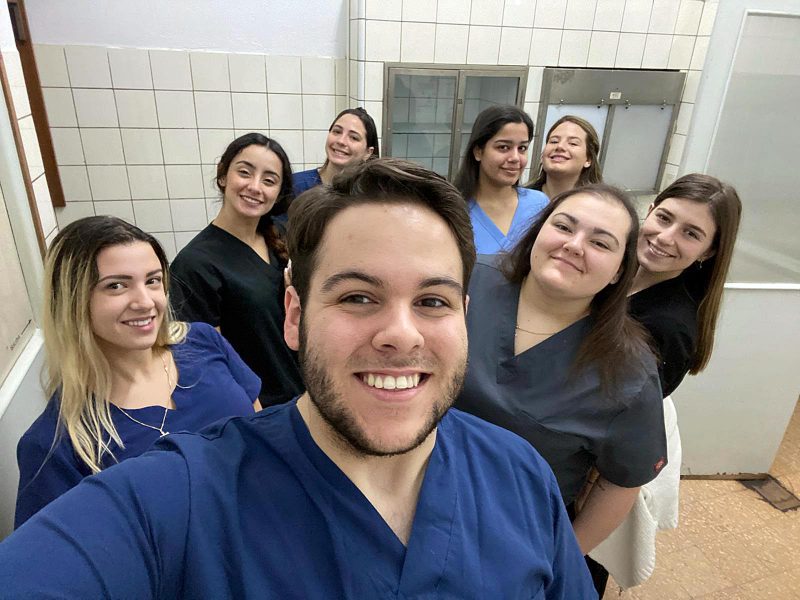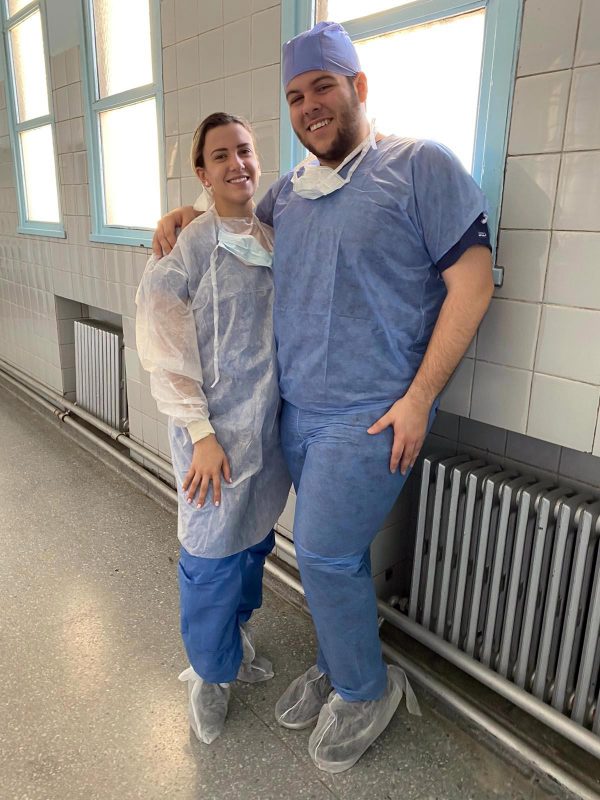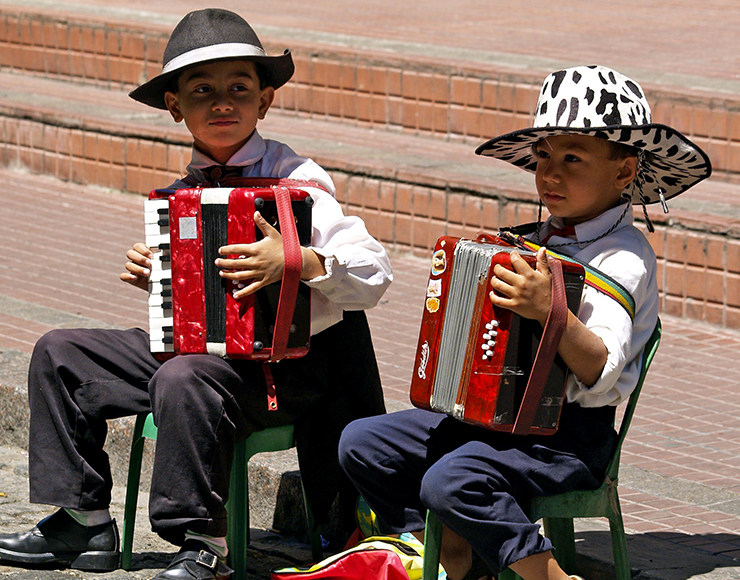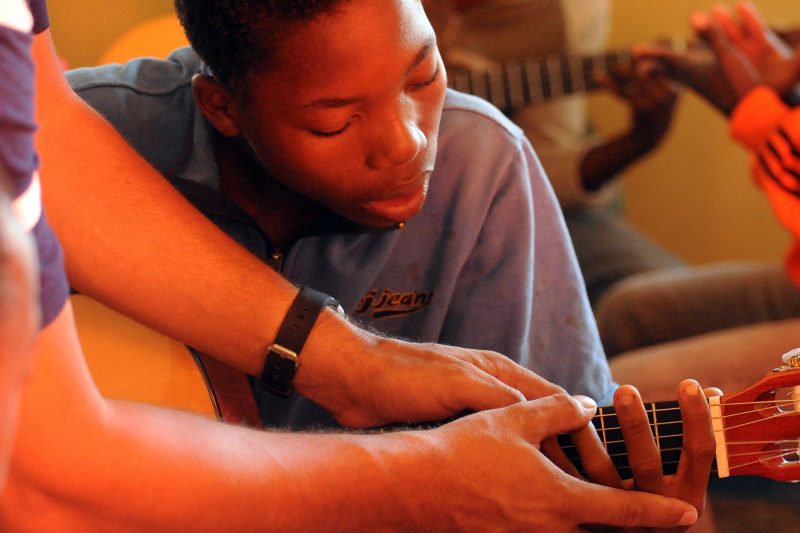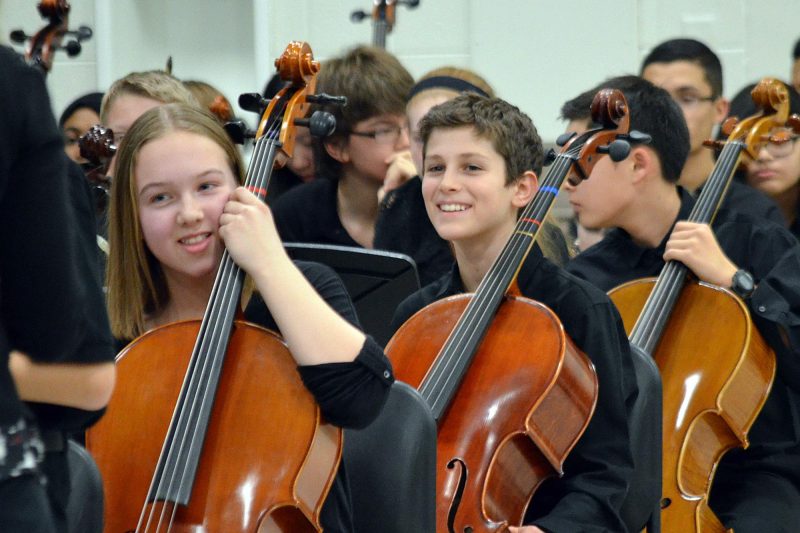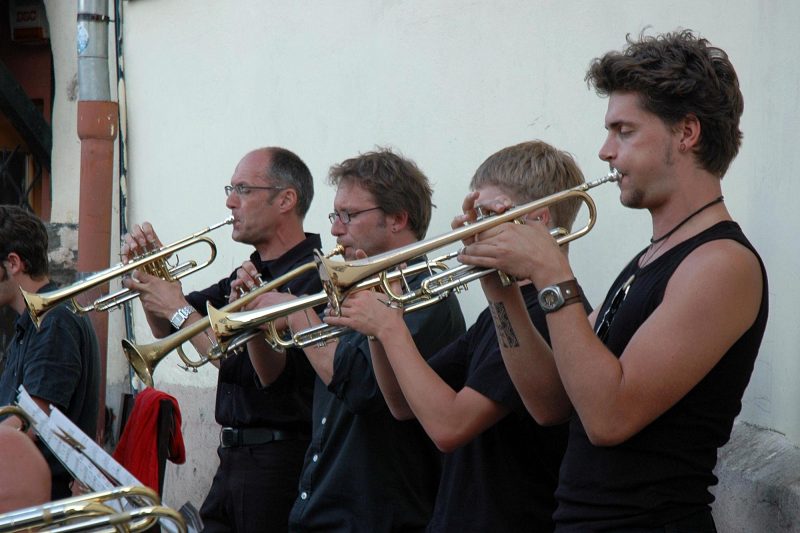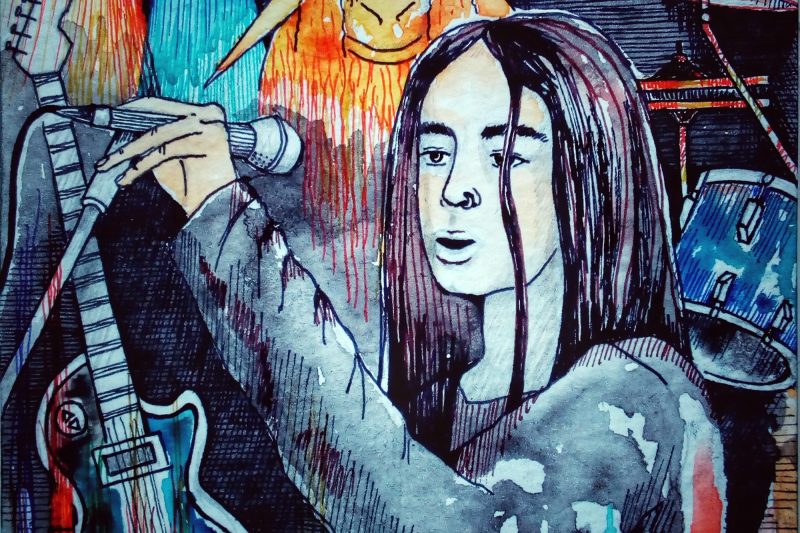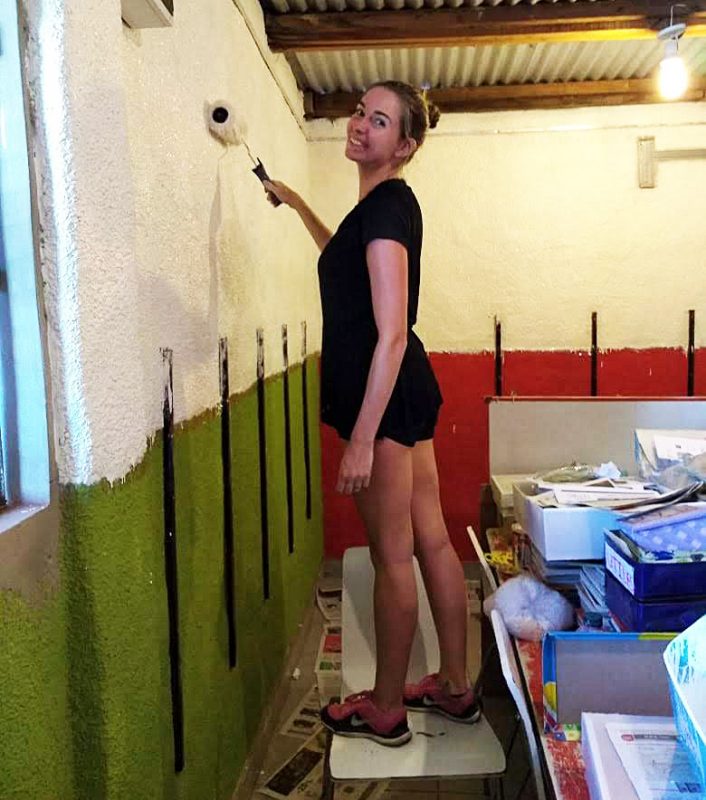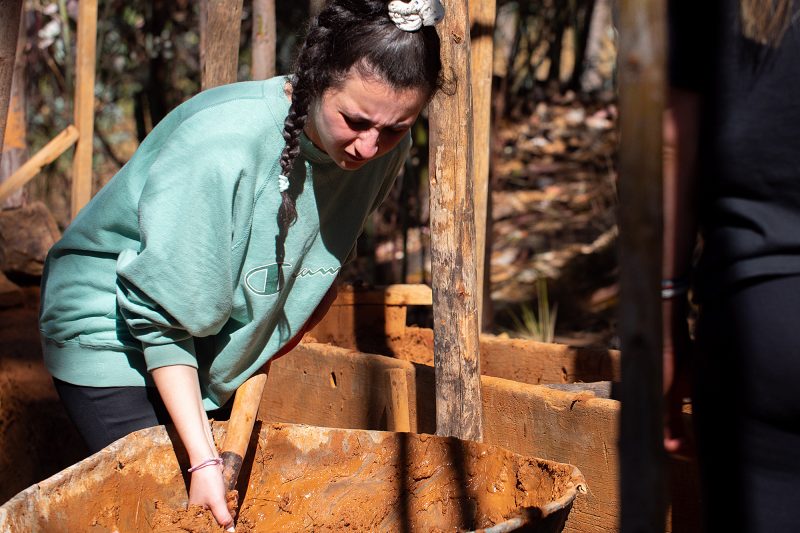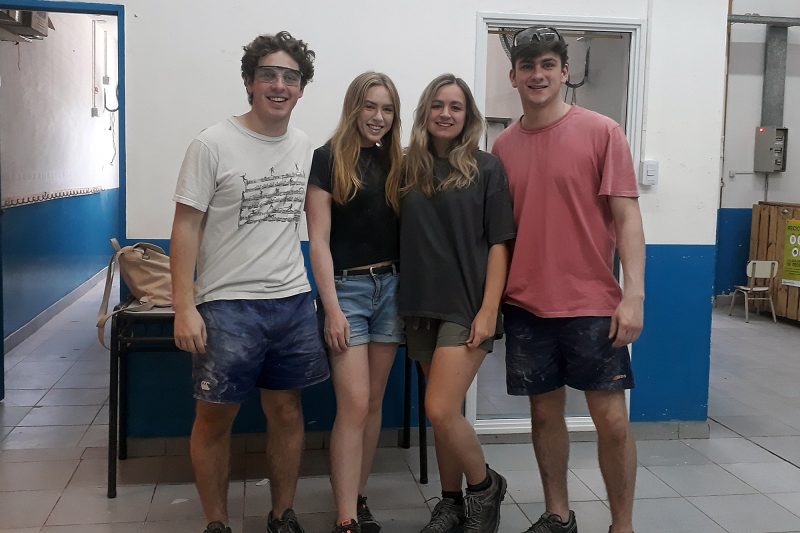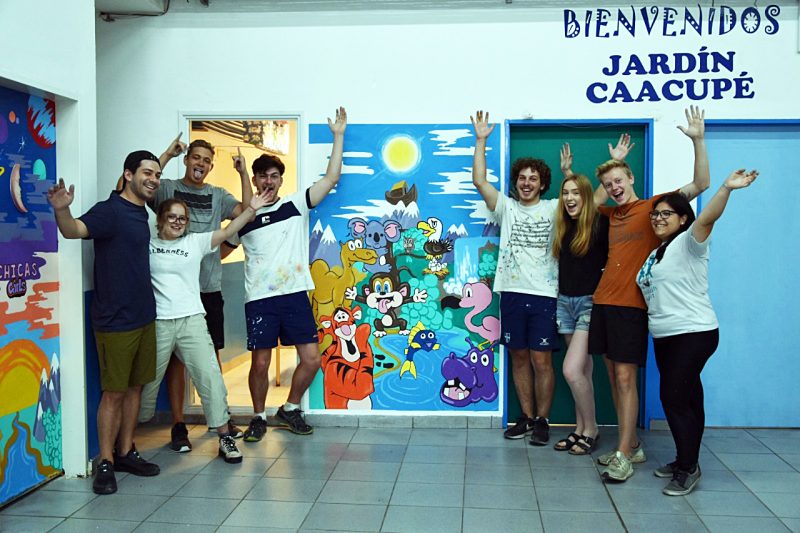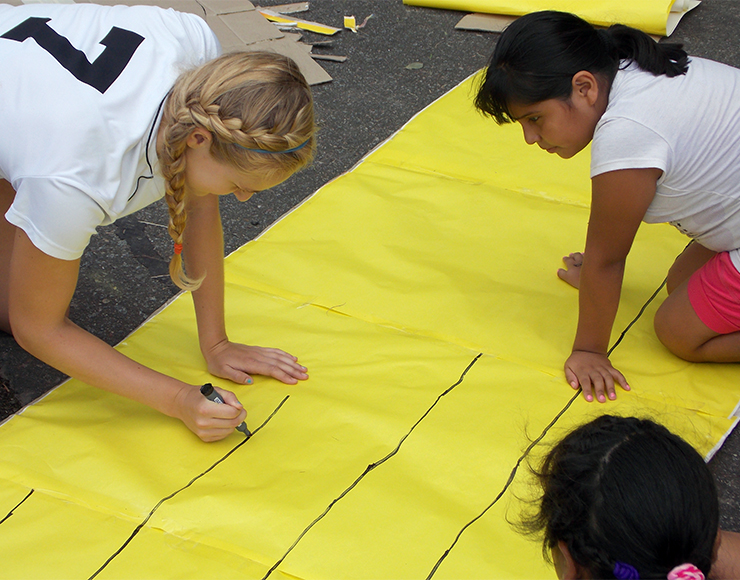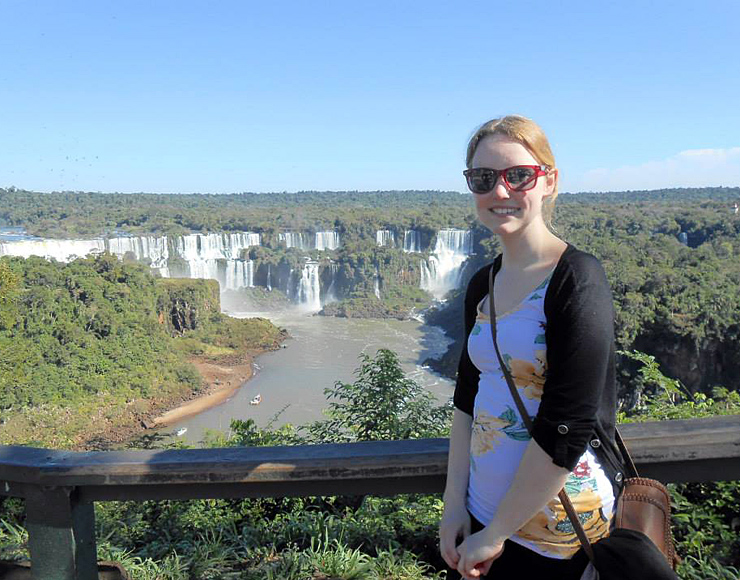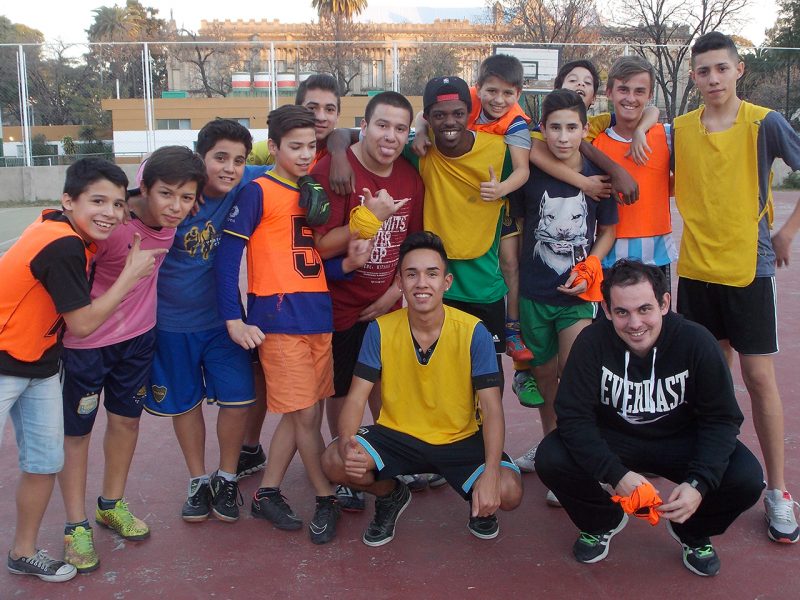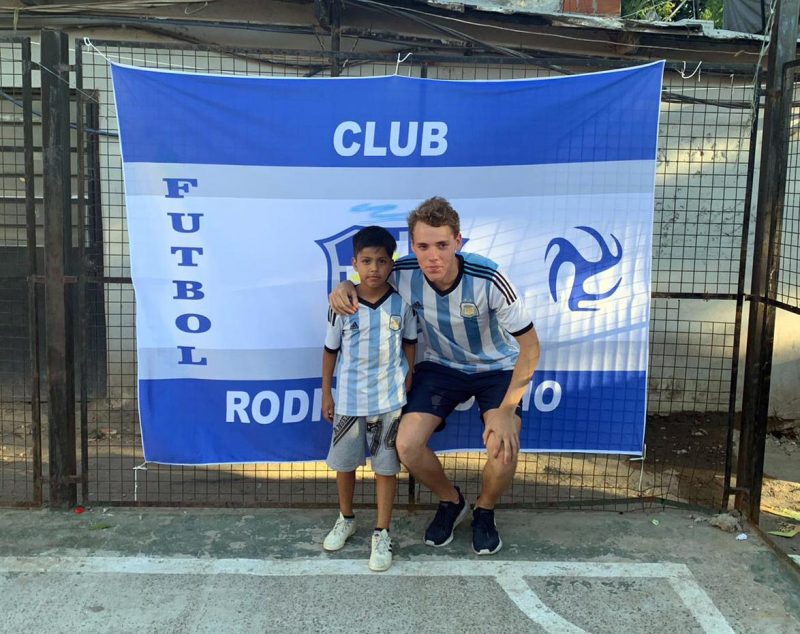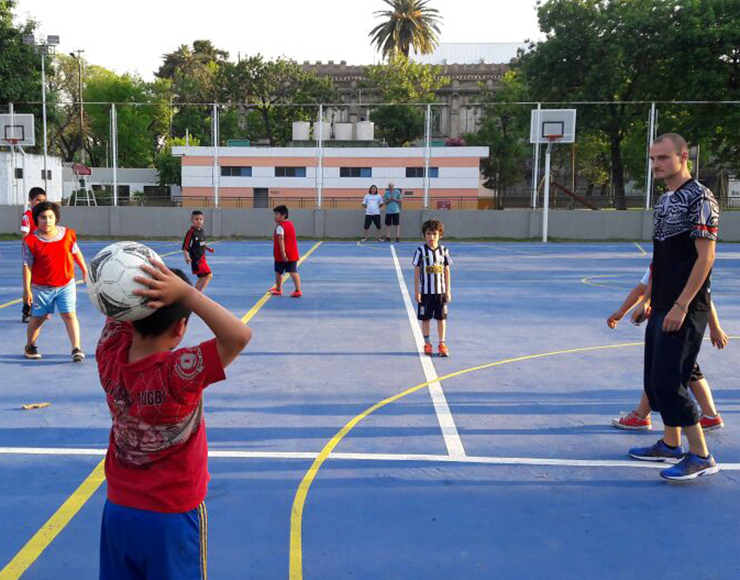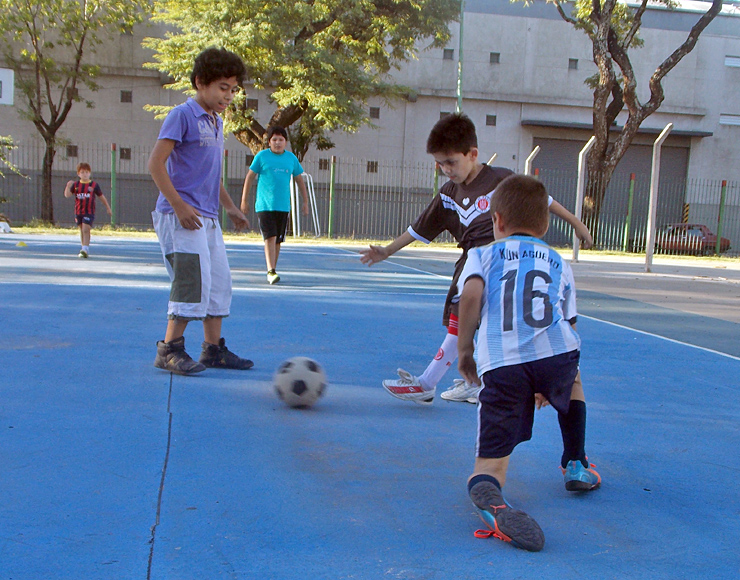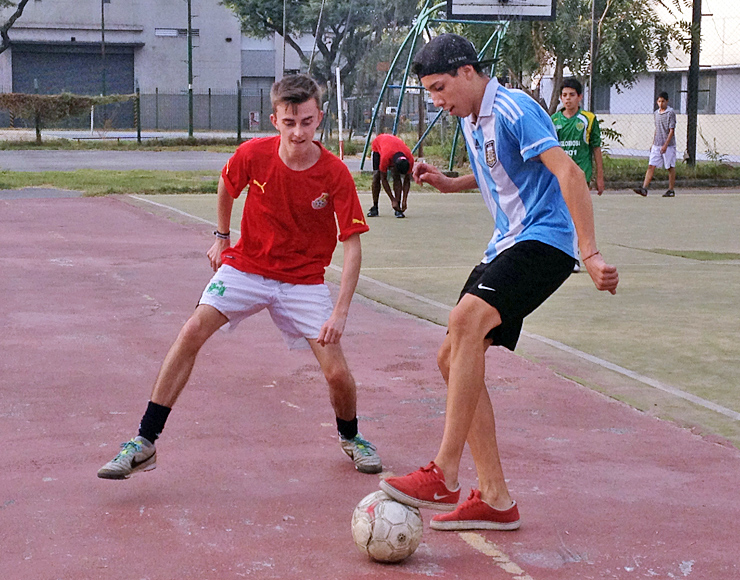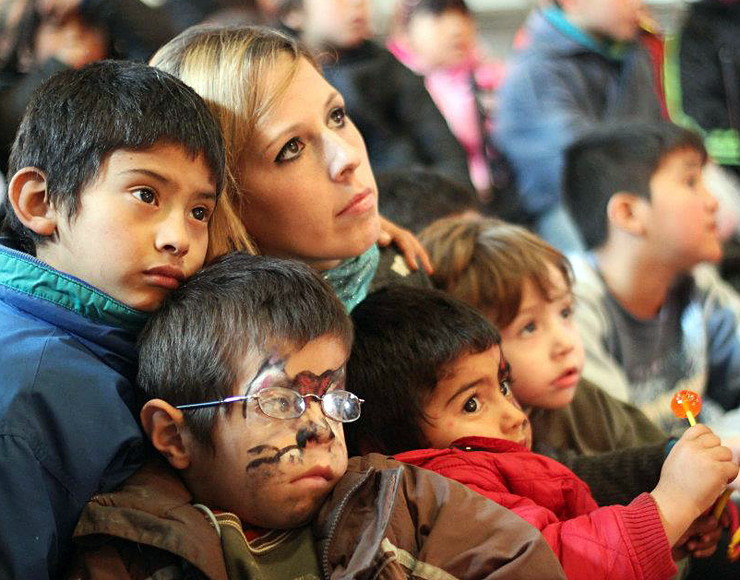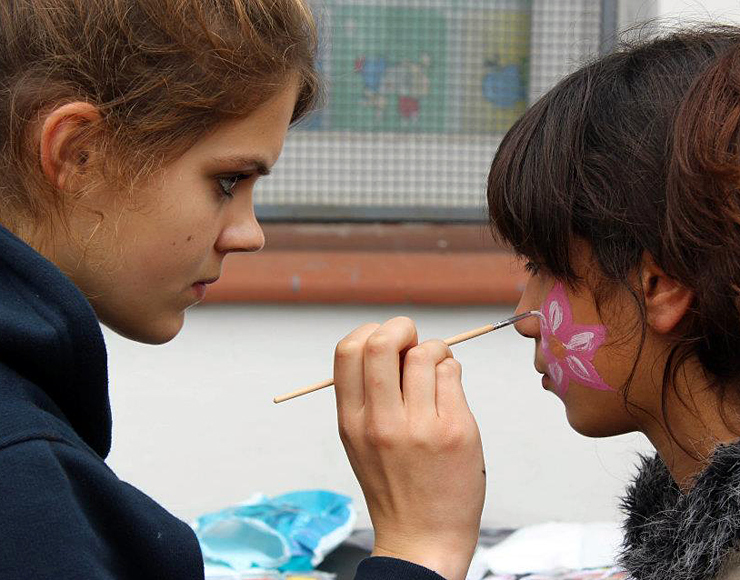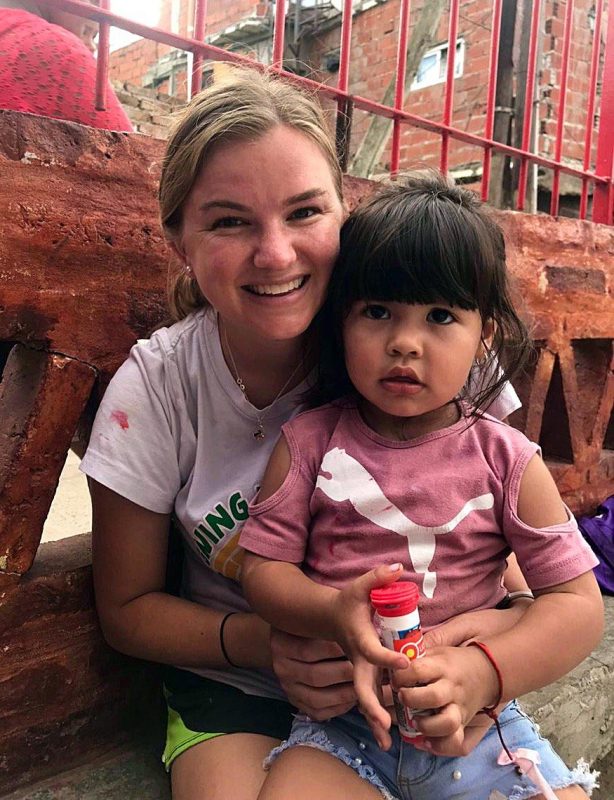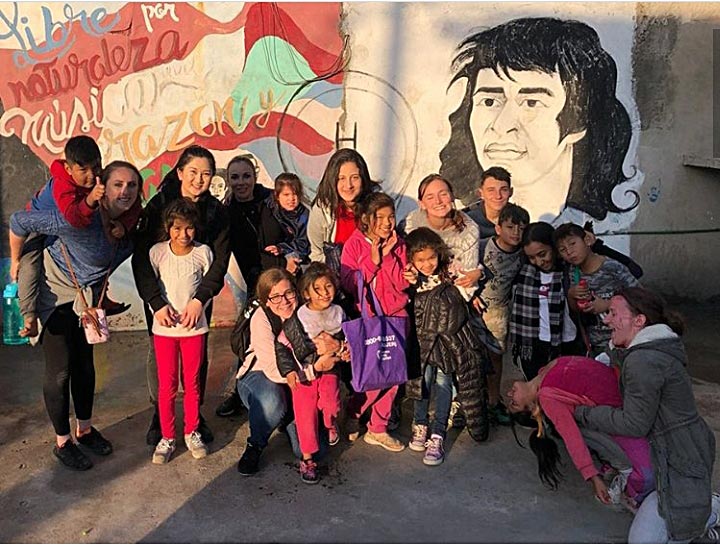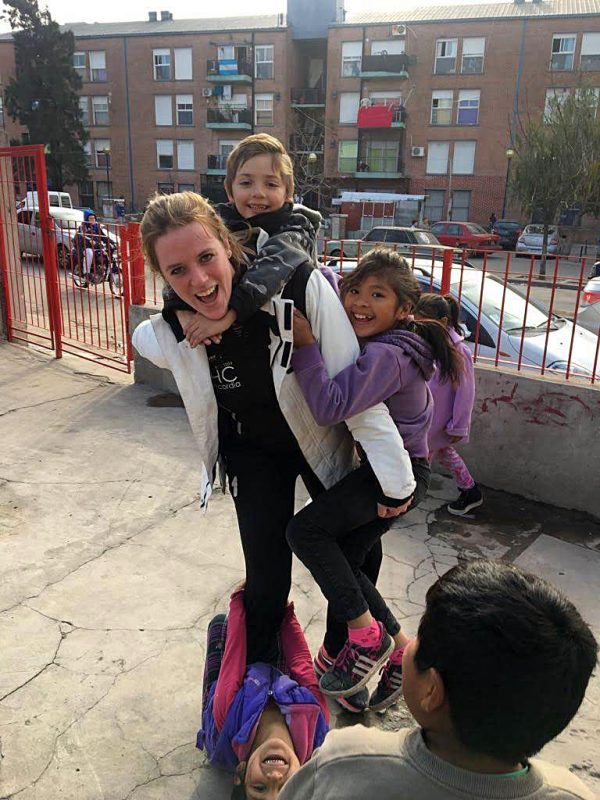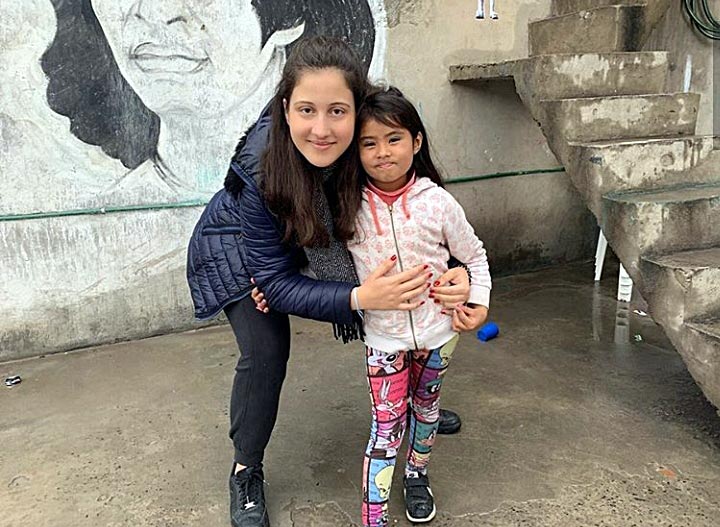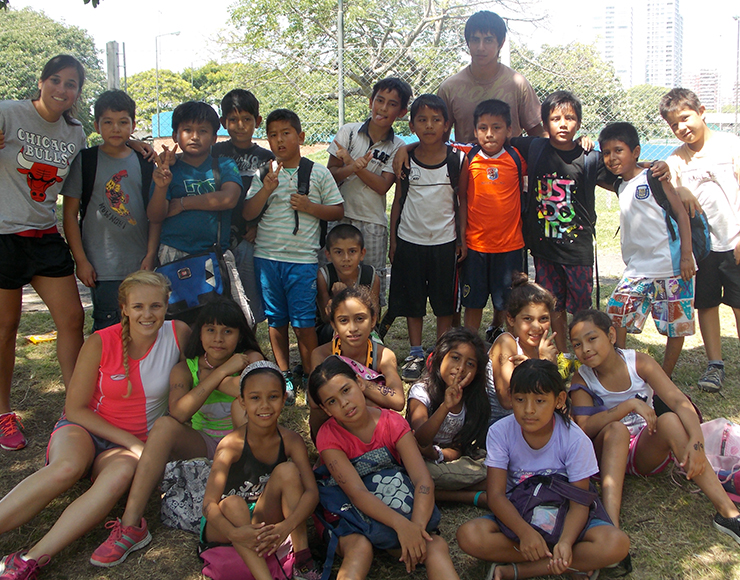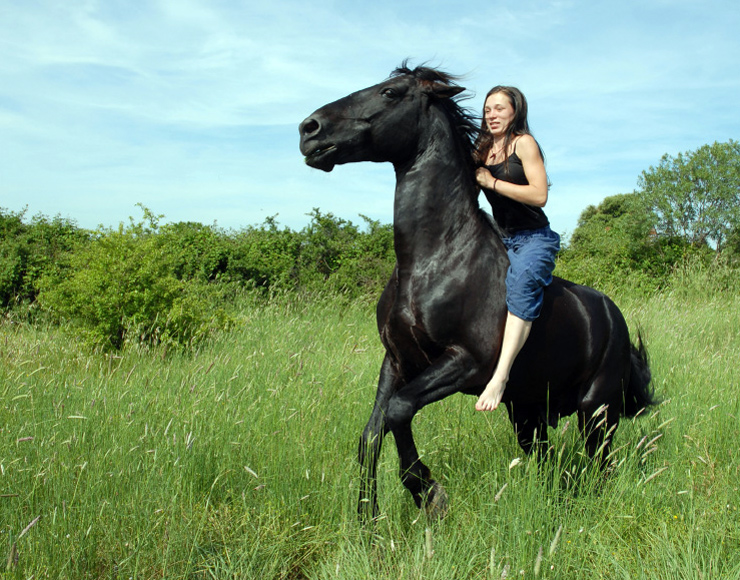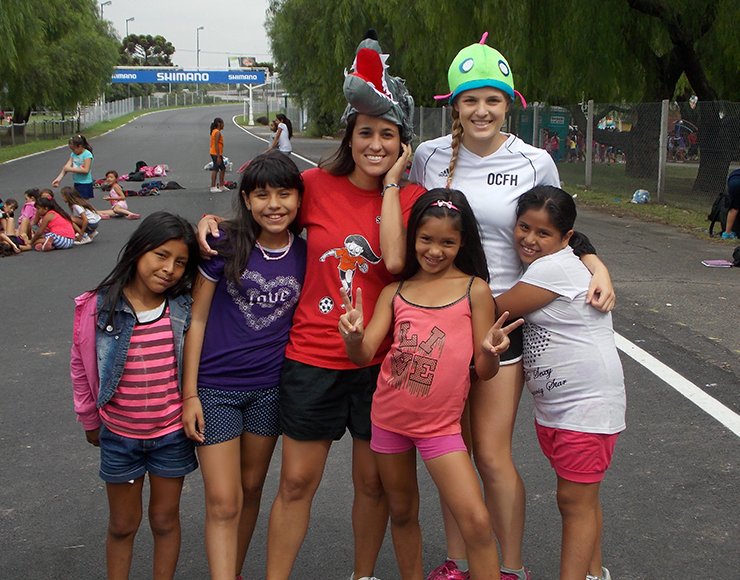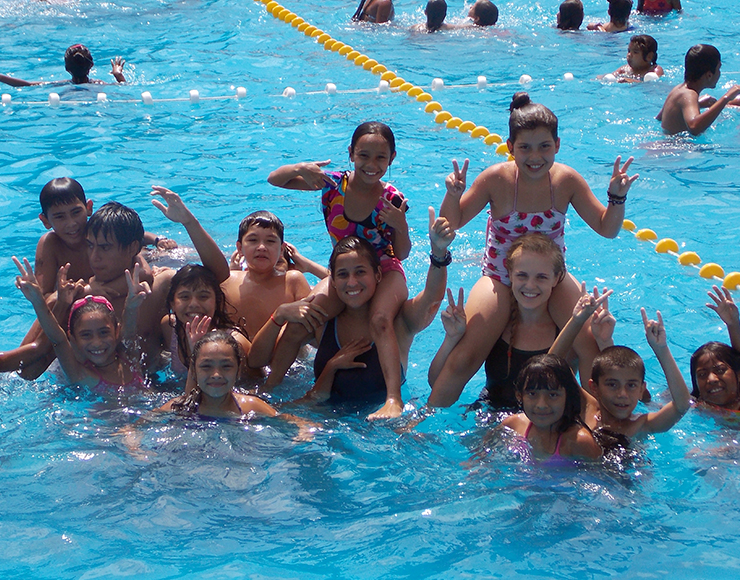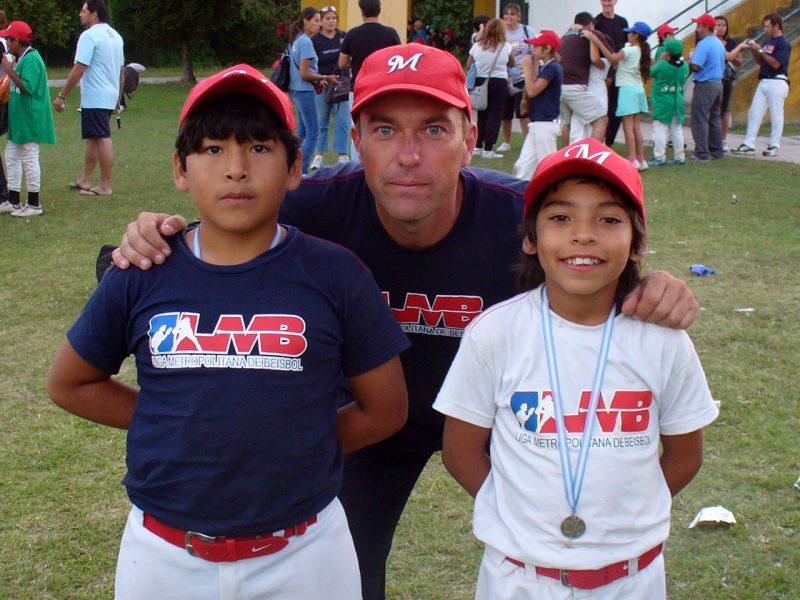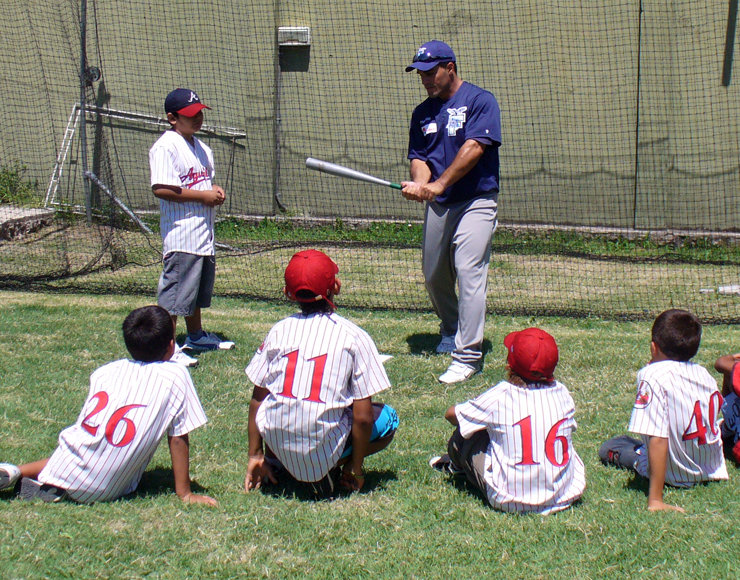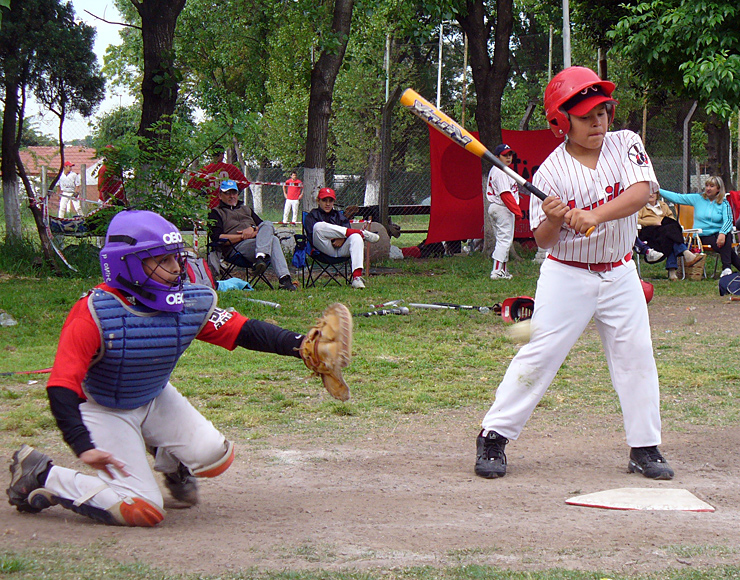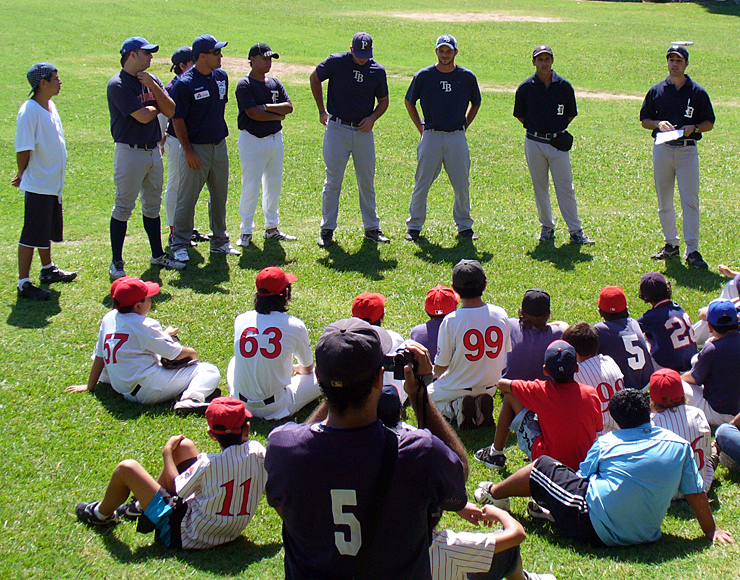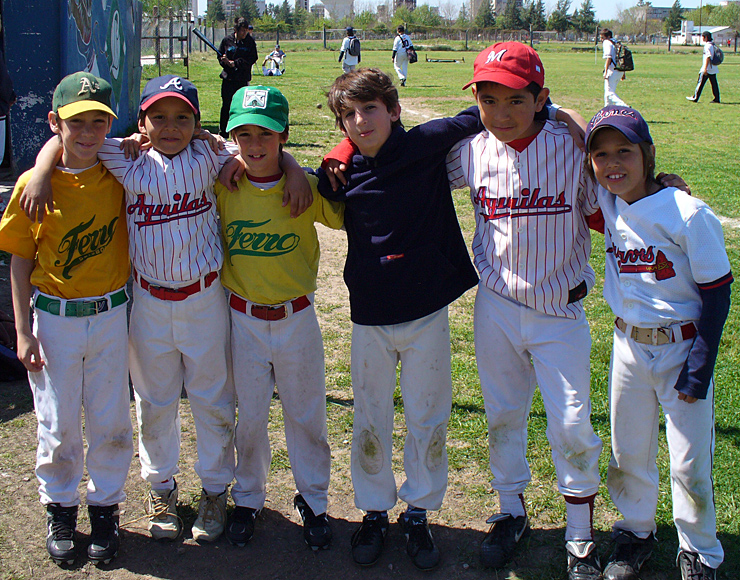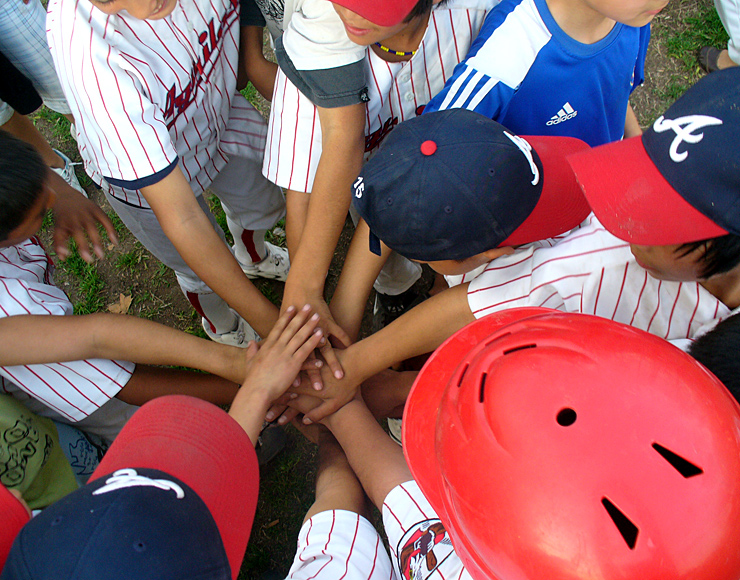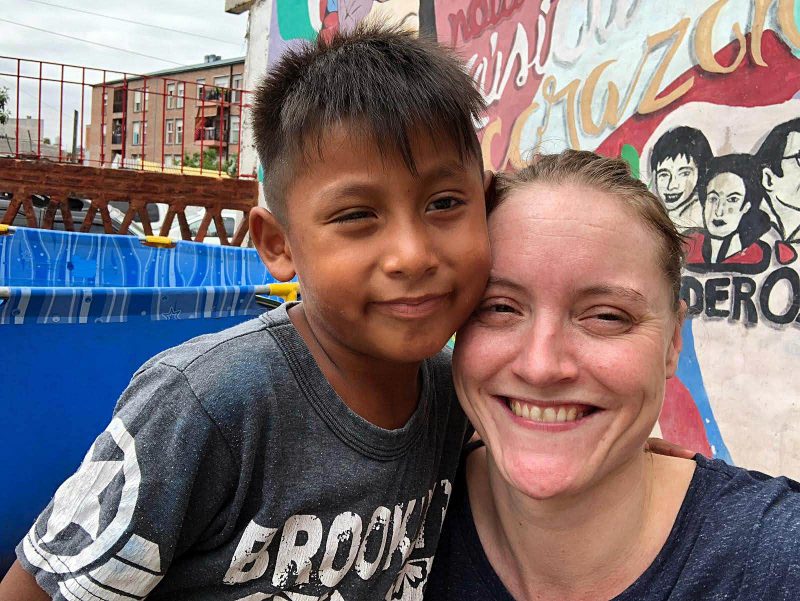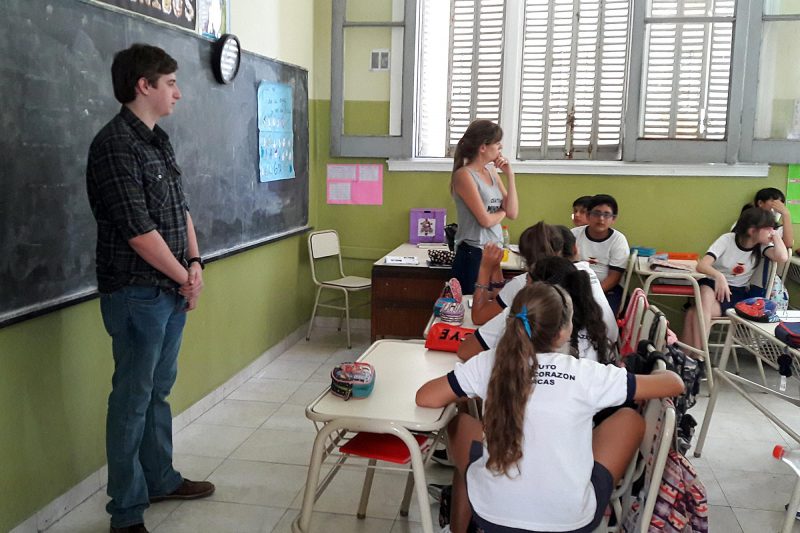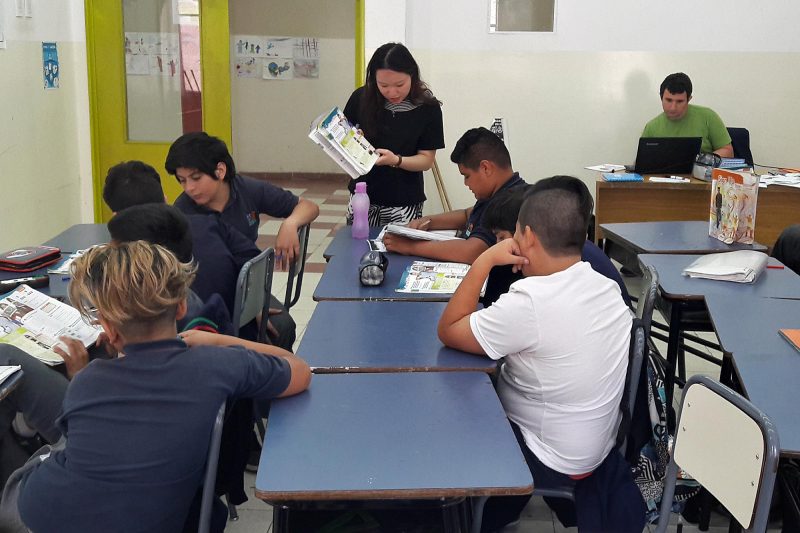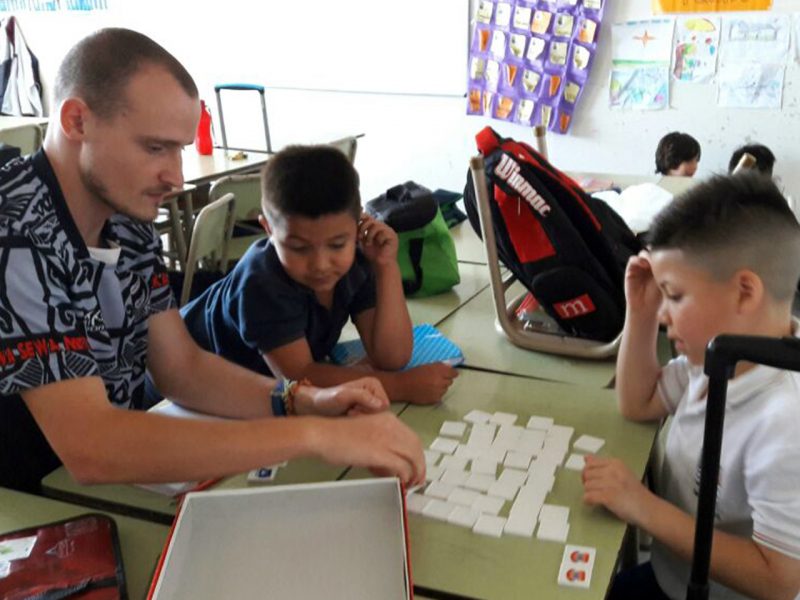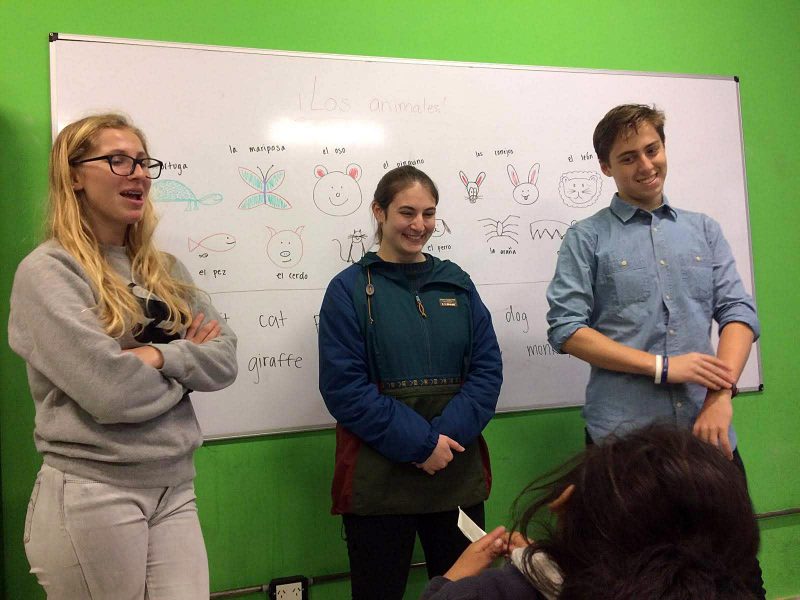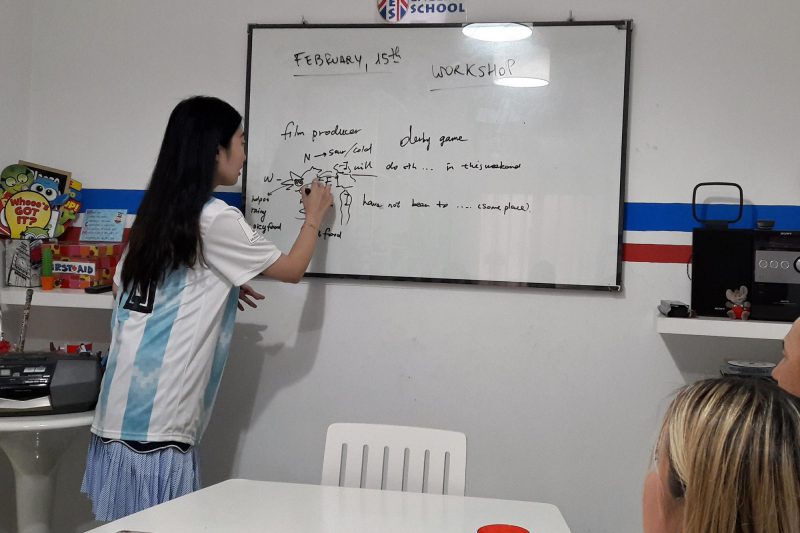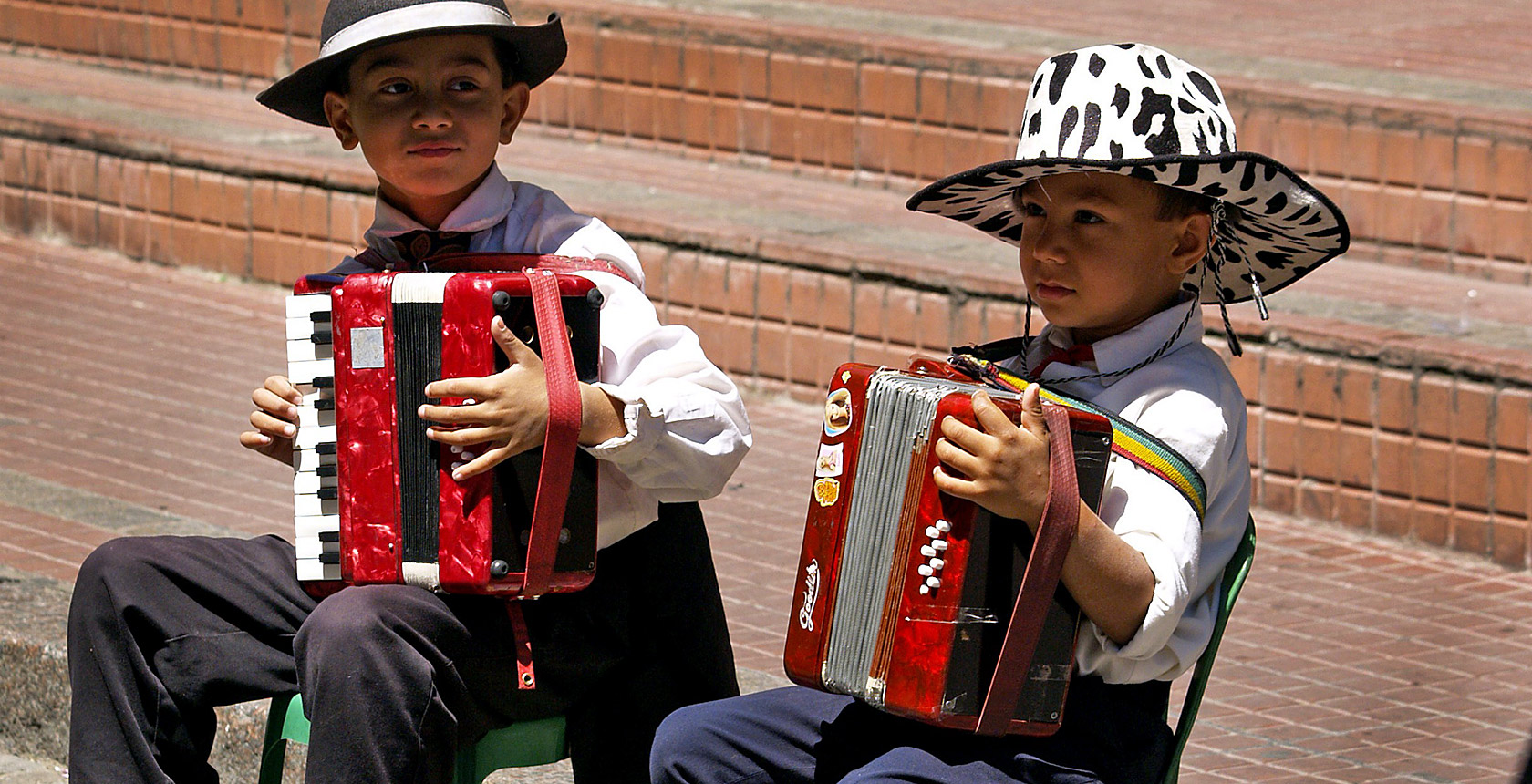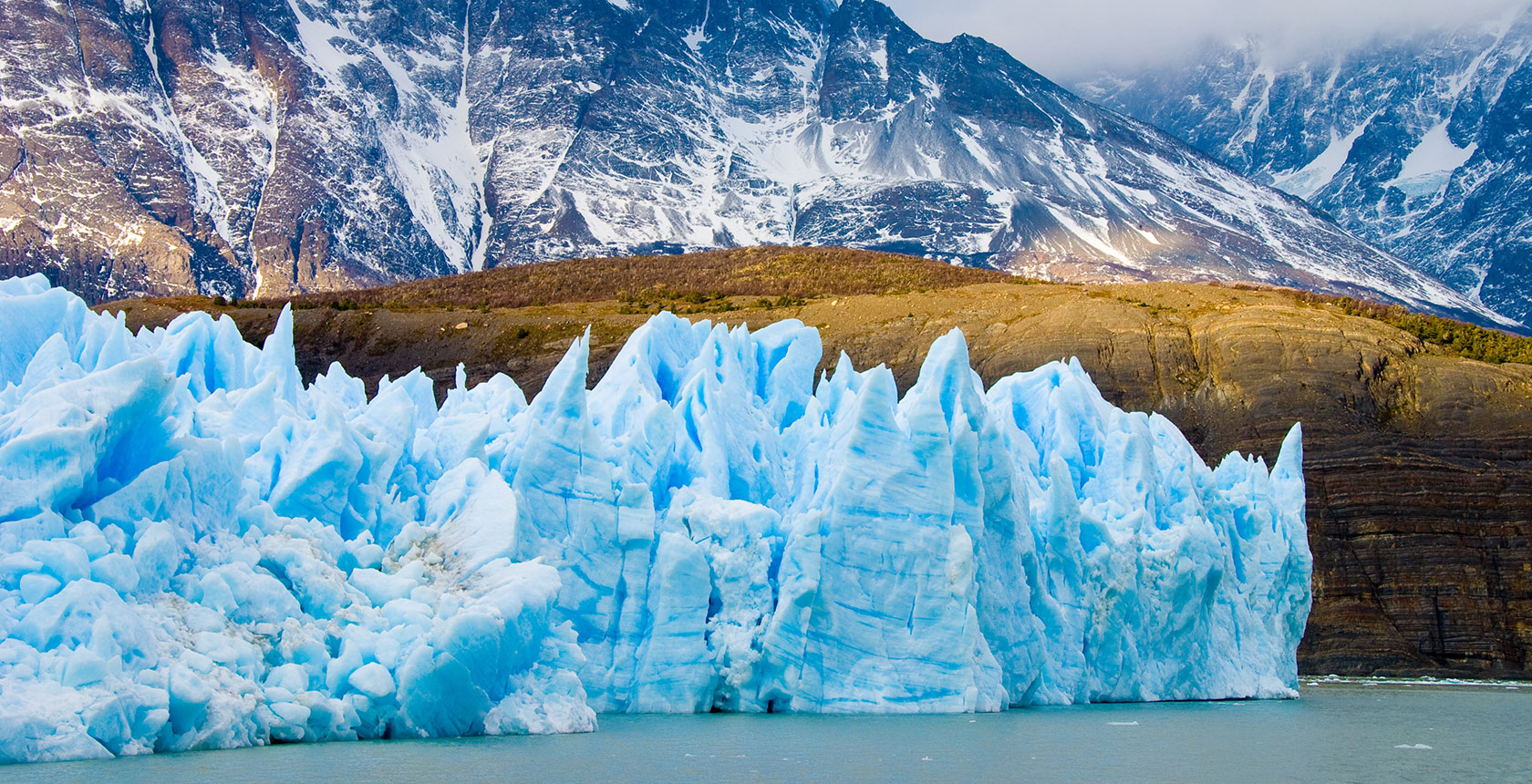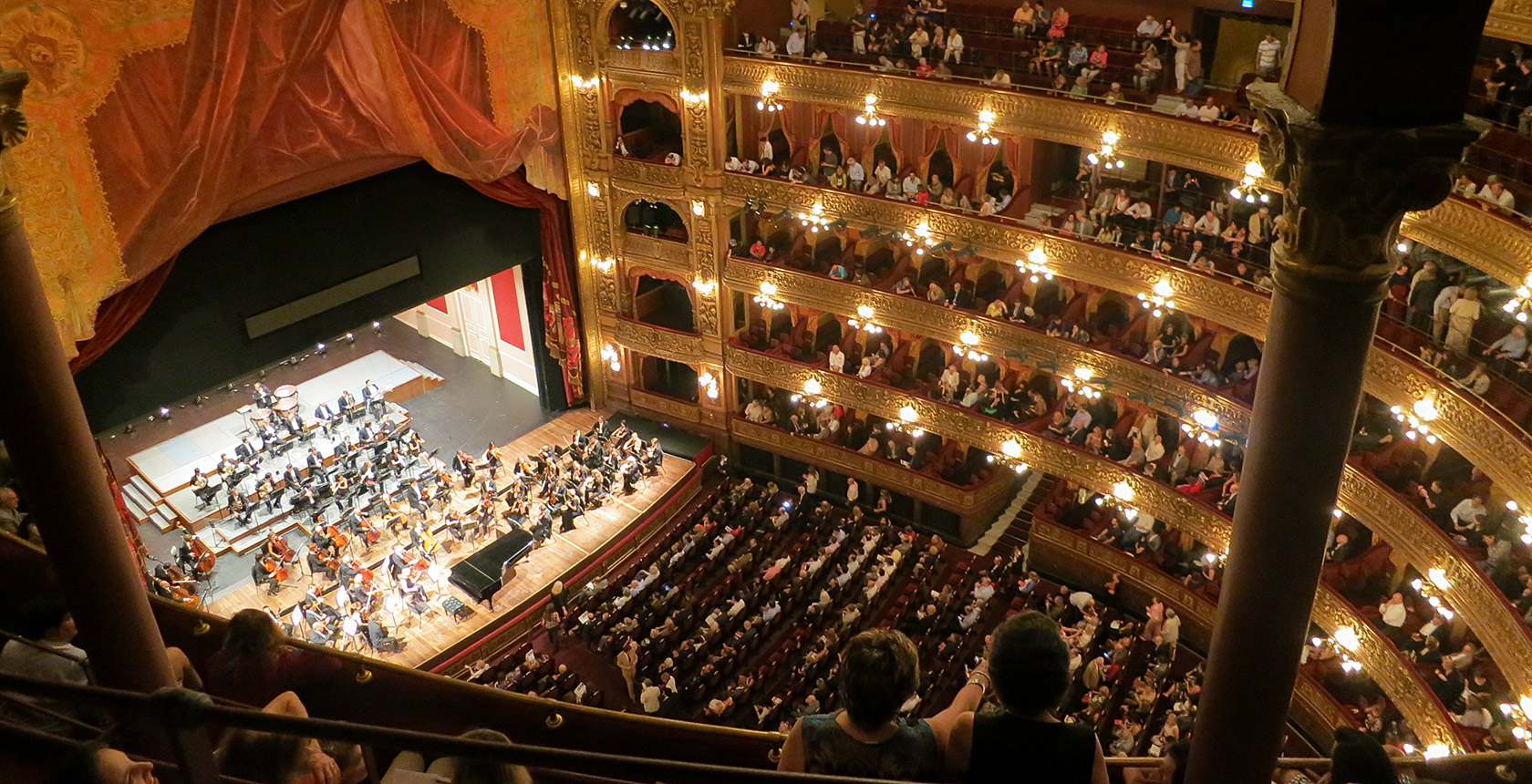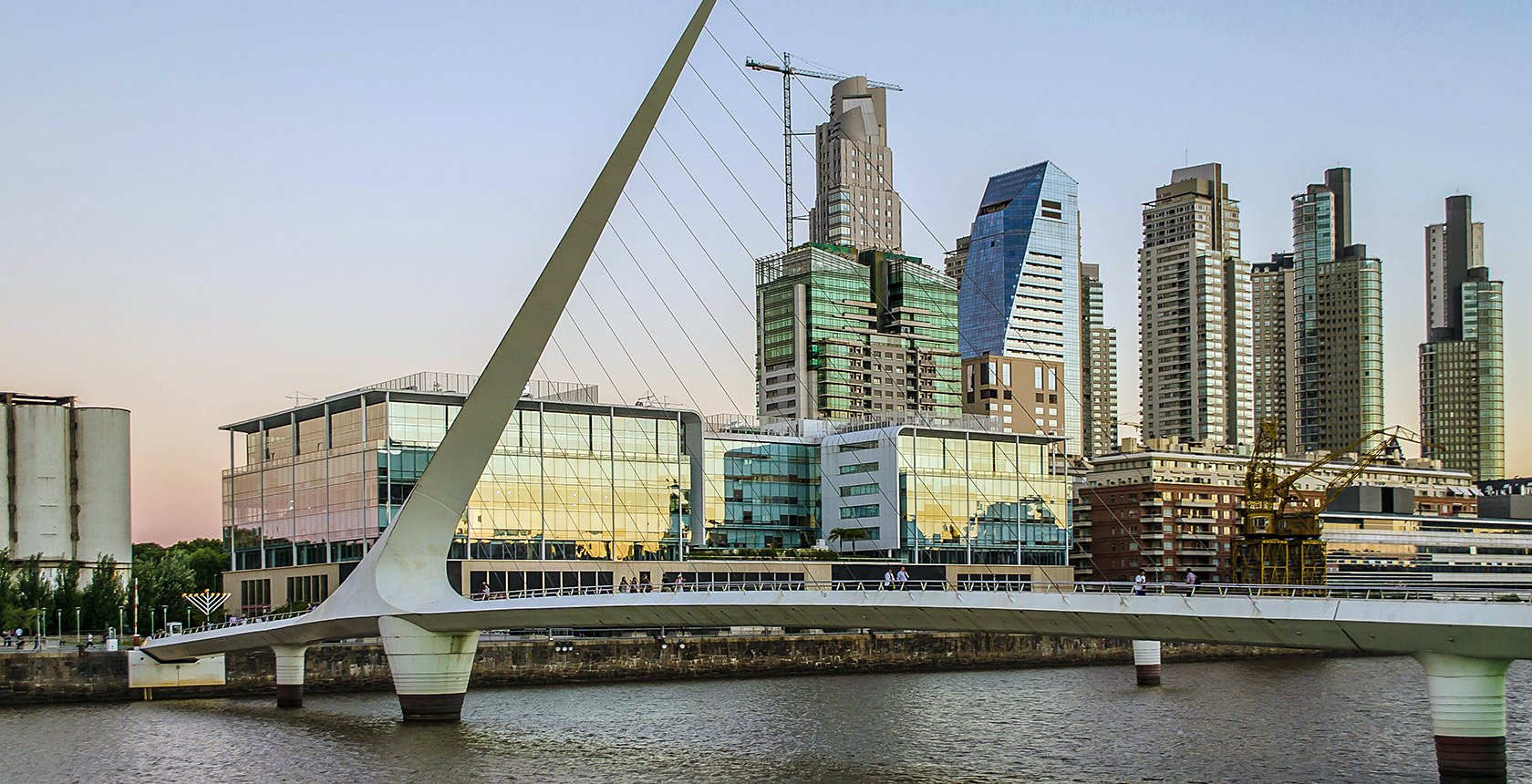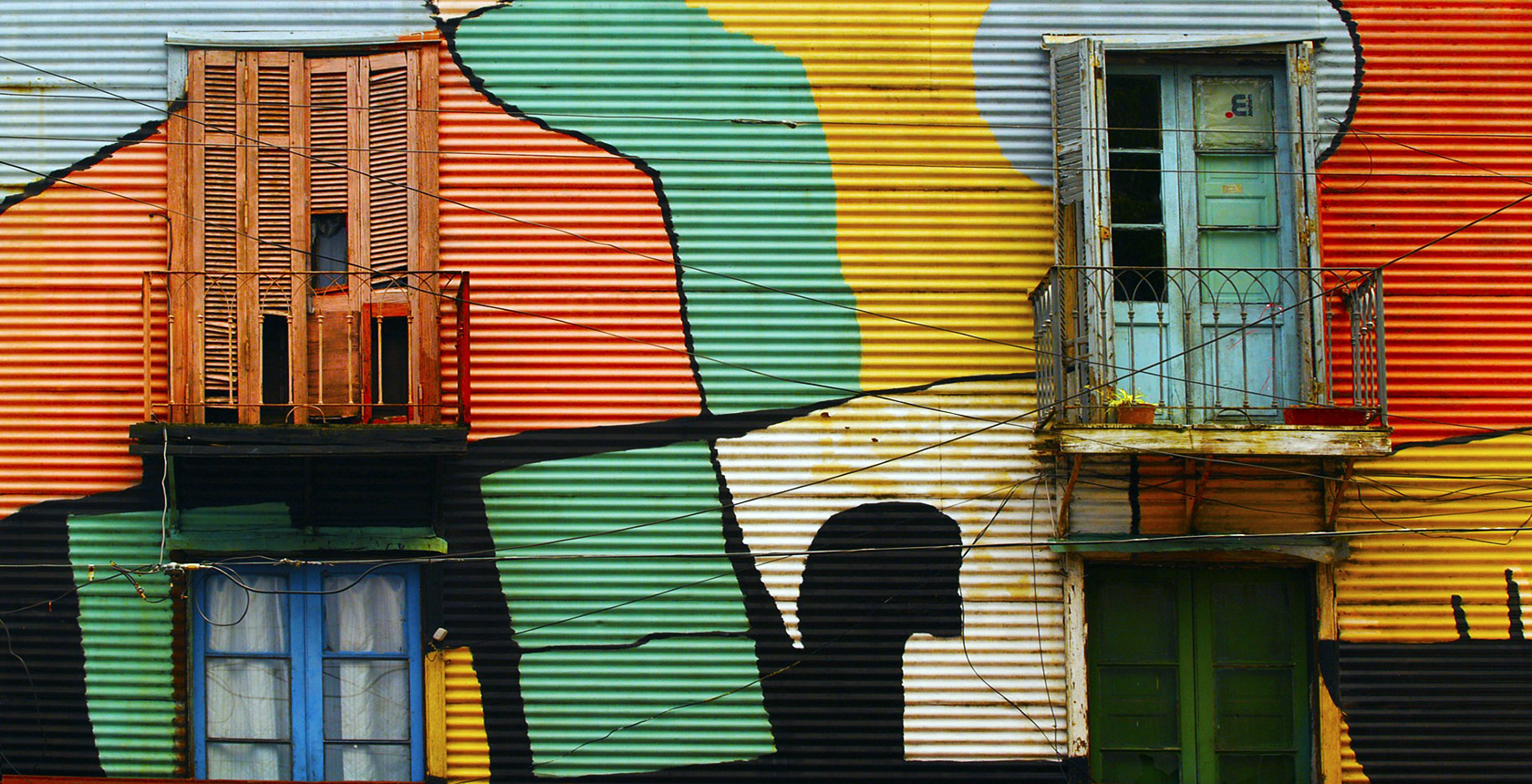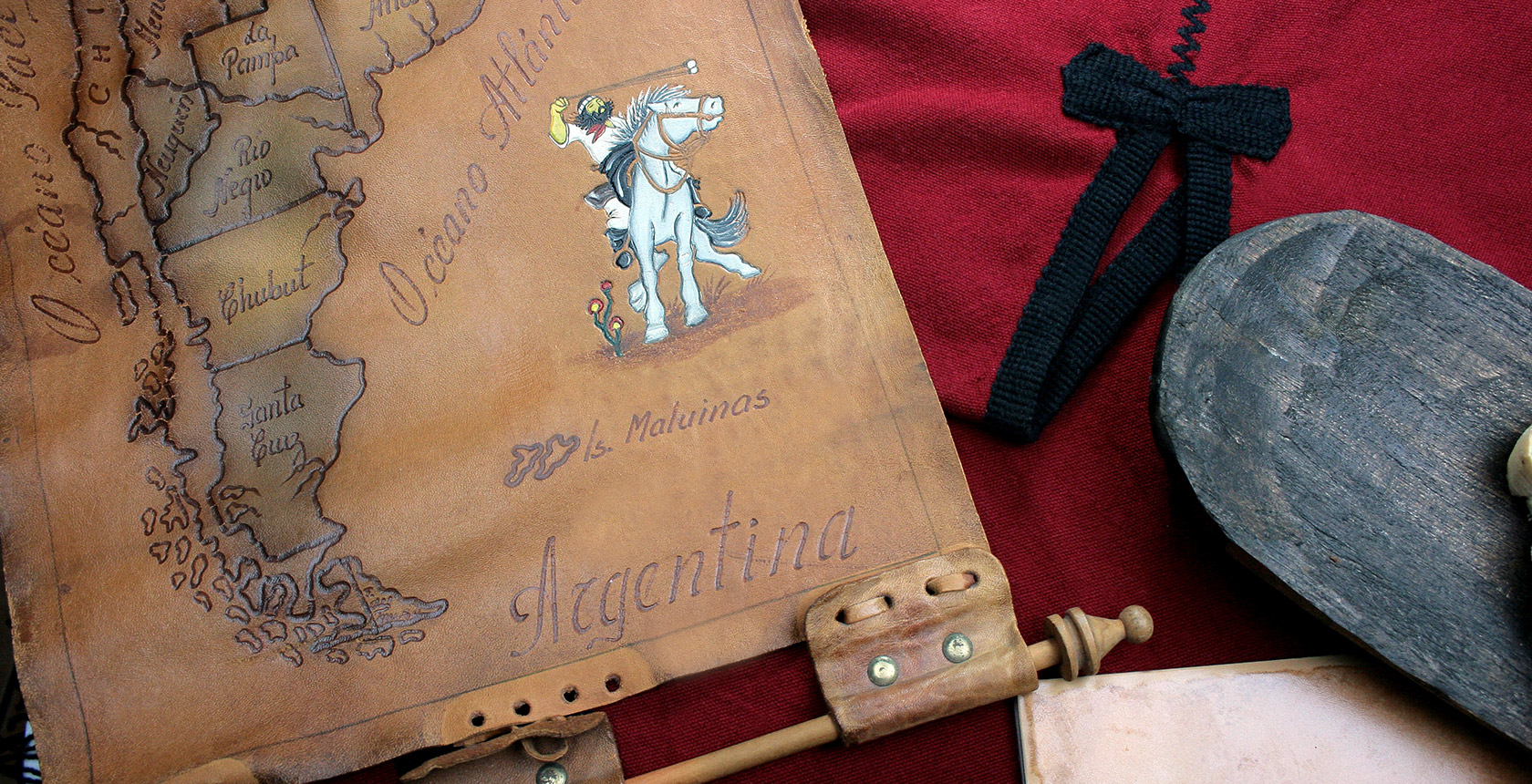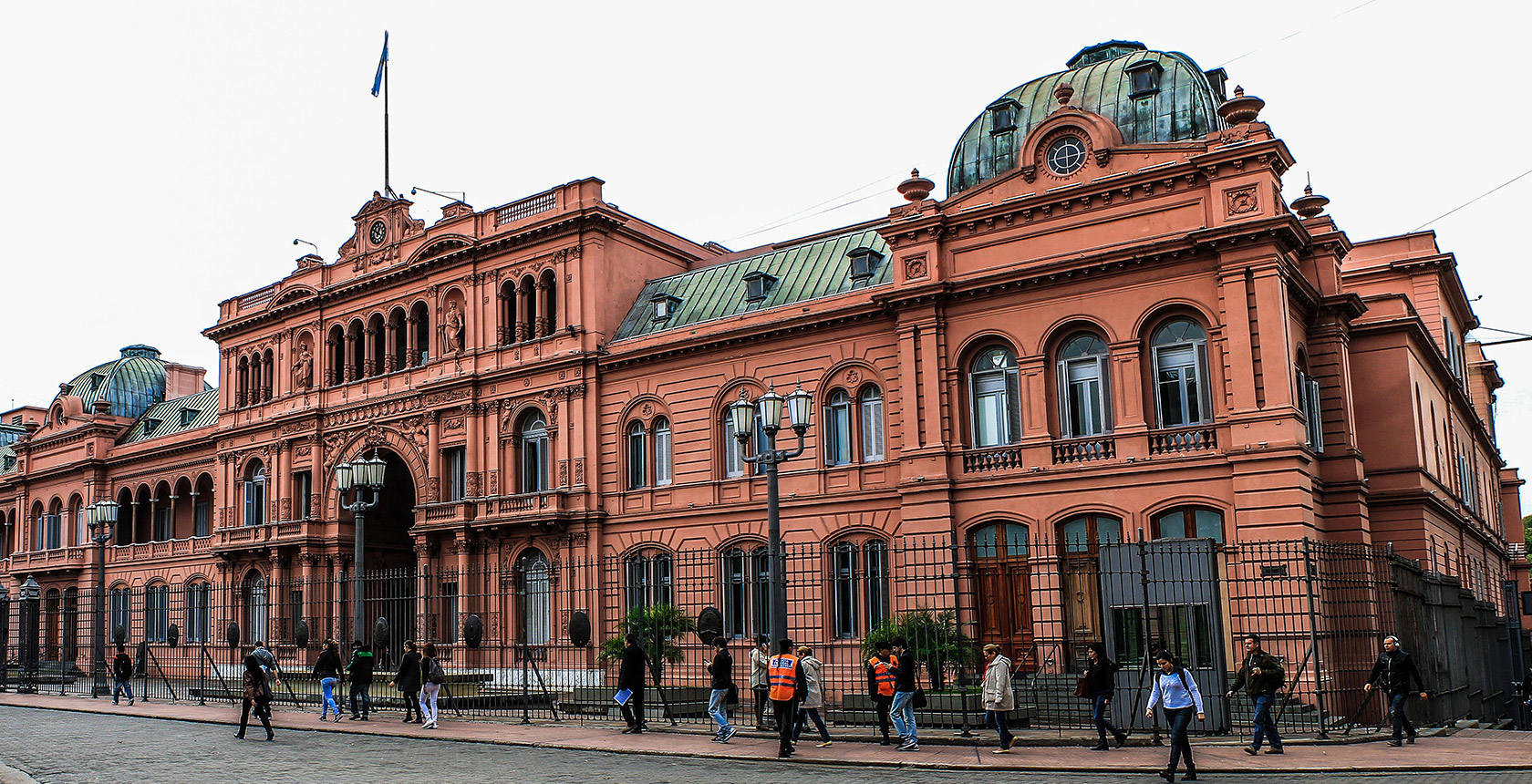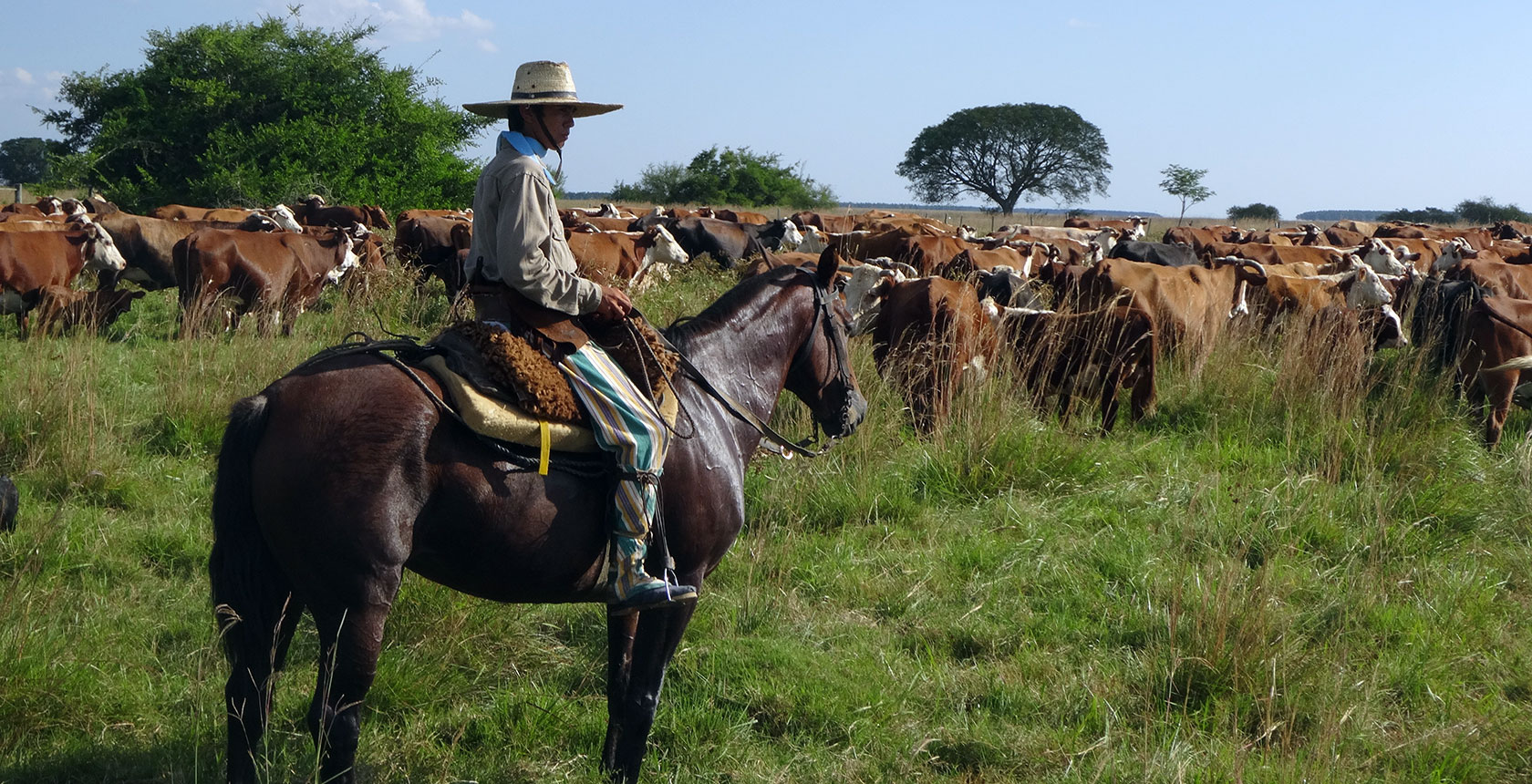The climate is one of the most diverse in the world which varies from sub-tropical temperatures in the Patagonian desert to sub-zero temperatures along Cape Horn – one of the world’s most southerly cities, Ushuaia, and the Americas’ highest peak, Aconcagua in the Andes to the West of the country.
Despite earning headline fame for its economic and political upheavals, Argentina is not to be missed. It’s one of South America’s most charismatic and passionate countries, and for many visitors the devaluation of the Argentine peso just means even more for your money. Sport plays a huge role in Argentinean society, and those who visit this energetic land will soon start to embrace this sport mad culture.
Quick Facts
Fun Facts
- Argentina derives from Argentum, the Latin word for Silver
- The country is the fifth largest producer of wine
- Argentina have the largest consumption of red meat in the World
Travel Highlights in Argentina
- The fantastic Iguazú Falls, in the north-east corner of the country
- The Nahuel Huapi National Park, in Patagonia in the foothills of the Andes mountains
- El Calafate & The Perito Moreno Glacier, a must when visiting Argentina
- The Ibera Wetlands (or Esteros del Ibera), a nature reserve of 13’000 km squared
- The wine regions of Mendoza and Salta are popular tourist destinations
Where is Argentina?
The Argentine Republic is a large, elongated country in the southern part of South America, neighbouring countries being Bolivia, Brazil, and Paraguay to the north, Uruguay to the north east and Chile to the west. In the east Argentina has a long South Atlantic Ocean coastline.
History of Argentina
Argentina was relatively sparsely populated until the period of European colonisation and archaeological history is relied upon to tell us about the indigenous population. Evidence suggests the first human settlements in Patagonia by the tribes known as Tehuelches around 13,000 years ago while the Diaguita of northwestern Argentina lived on the edges of the expanding Inca Empire. Europeans arrived in the region with the 1502 voyage of Amerigo Vespucci. Spanish navigator Juan Diaz de Solias visited what is now Argentina in 1516. Spain established a permanent colony on the site of Buenos Aires in 1580, although initial settlement was primarily overland from Peru. The Spanish further integrated Argentina into their empire by establishing the Vice Royalty of Rio de la Plata in 1776, and Buenos Aires became a flourishing port. Buenos Aires formally declared independence from Spain on July 9, 1816. From 1880 to 1930 Argentina became one of the world’s 10 wealthiest nations based on rapid expansion of agriculture and foreign investment in infrastructure. However, instability in the government based on corruption and civil war reduced the incoming foreign investments which lead to a huge fiscal deficit and currency devaluation. Despite economic setbacks, Argentina is today a prosperous country, although grass roots sport is yet to be developed, and although they have had their downfalls, they have had many successes as well. Argentineans are proud of their heritage and like to share their scars and achievements with anyone who asks. Not to mention that they are also happy to play soccer as long as you show an interest and have athletic feet to keep up. This is a vibrant country to volunteer in and is sure to leave lasting memories.
Climate in Argentina
Argentina’s sheer size and rich Flora, Fauna and varied terrain means the climate varies hugely from region to region. The north is subtropical, and in southern Patagonia it is sub-Antarctic, whilst in The Pampas the climate is mild and humid.
Language in Argentina
The official language of Argentina is Spanish, with the prominent regional dialect Rioplantense. Other spoken languages are English, Italian, German, French, Portuguese, Russian, Polish and even a few places in Patagonia have native Welsh speakers.
Food in Argentina
Continental dishes such as pasta, sausage and dessert dishes are popular in Argentina. They also enjoy a wide variety of indigenous dishes which include empanadas (a stuffed pastry), locro (a mixture of corn, beans, meat, bacon, onion, and gourd), humitas and yerba mate, all originally indigenous Amerindian staples, the latter considered Argentina’s national beverage.
The Argentine barbecue, asado as well as a parrillada, includes various types of meats, among them chorizo, sweetbread, chitterlings, and morcilla (blood sausage). Sandwiches de miga, are also popular. Argentines have the highest consumption of red meat in the world.
Festivals in Argentina
The Gualeguaychu Carnival bridges January and February. This is one of the biggest festivals in Argentina, involves street music, dancing and colourful costumes, and is likened to the Mardi gras festivals of Rio de Janeiro. The Buenos Aires Tango Festival celebrates the city as the birthplace of Tango with big performances and free lessons. The major Argentinean music festival ‘Personal Fest’ takes place at the Club Ciudad de Buenos Aires; it is considered the most important international music festival in the country, with national and international bands playing rock, pop, funk, dance, and others.
Travelling in Argentina
Walking: Buenos Aires is known as a great place for walking, you can combine bus & subway rides with walks through the streets to make the most of the city. If you get lost you will receive help from the locals, the friendly ‘porteños’ and some advice on the best things to check out.
Taxis
Buenos Aires has an excellent Taxi Service, (with around 32,000), you will wait only a few minutes to get a taxi in the touristic areas. Taxis are painted yellow on the roof and black on the rest, a taxi is available when a red light in the inside is on and/or says LIBRE, the fare is metered in Argentinean pesos by the time and the distance travelled, rates are established by the Municipality and should not change from day to night.
Urban Buses
Known as ‘Colectivos’ they are a fast and inexpensive means of transportation around the city. Over 180 bus lines operate 24 hours each day, the fare is paid directly to the driver or into a machine at the front of the bus (this must be paid by coins only). These take some getting used to but are a good way of seeing Buenos Aires at low cost.
Subway
Also called the ‘Subte’ is the quickest and easiest means of transportation around the city, but can be uncomfortable especially in the heat of the summer. It is reliable and punctual. For longer journeys, Argentina has a reliable railway service on lines that are open. A lot of lines are still to be laid. The most popular route is from Buenos Aires to Mar del Plata. The rail option is half the price of the longer bus journeys, but there is much more option if travelling longer distances by bus.
Sport in Argentina
South America has a wealth of sporting talent. You only need mention the national football teams of Brazil, Argentina and Mexico to realise the skill, flair and passion for sport on the South America continent.The national football team has won 25 major international titles including two FIFA World Cups, two Olympic gold medals and fourteen Copa Américas. Football is the most popular sport and if you are in Buenos Aires on the day of the local Derby you are likely to be asked “Boca or River?” as the Porteños assume that everybody is interested in football. Many young Porteños dream of representing their country, and with recent history it is not difficult to understand why. Argentina won both Basket and football Olympic gold medal in Athens 2004.
Other sports are quickly developing with the Women’s Field Hockey team winning the Hockey World Cup in 2002 and came third in 2006. Tennis was once a sport reserved for the wealthy until the Argentinean Guillermo Vilas did well in international competitions. Now it is played by young people throughout the country.
Gap Years and Career Breaks in Argentina
In this sport mad country, whether you are into sports or not, you will soon find that you will become engulfed by the passion that surrounds the events that dictate the lives of Argentina’s welcoming people. Argentina has so much to offer in the way of travel opportunities, so take the plunge to South America and see what this fantastic nation can offer you on your gap year or career break.

